Sometimes, sticking to your workouts feels like an uphill battle. You’re showing up to class, moving your body consistently, and doing everything you’re supposed to do. But despite going by the book and staying disciplined, you notice yourself gaining weight while working out instead of stabilizing or losing it. What gives?
First of all, you’re not alone—and there’s nothing wrong with you! Lots of women looking to lose weight experience this (frustrating) reality. Case in point? An obé member recently posed this question to our community forum: “I’ve gained about three pounds since starting obé in mid-October. I’ve continued tracking my diet, exercise daily, and have stayed within my daily calorie budget. I was actually hoping to lose three to four pounds. Remind me why I shouldn’t be concerned with the scale?”
Part of the answer is already in the question. A scale may not be the most accurate (or, let’s be honest, affirming) way to measure your fitness progress. But there’s a lot more to it than that—so we turned to our fitness expert and women’s health coach Melody D. to break down everything you need to know.
Why might I gain weight while working out?
There are several possible factors to consider—and it could be any of them (or a combo of a few). If you’re following a specific exercise routine consistently, you may lose body fat, but you can gain muscle. That’s a very common side effect of training and something to be excited about.
You’ve probably heard that ‘muscle weighs more than fat.’ That’s why even when you’re showing up, the scale may remain stagnant or budge in a direction you weren’t hoping. That’s okay. Body composition is a tool for measuring progress and how your body reacts to fitness, but it’s only one of many options.
Timing also matters. Depending on when you’re weighing yourself, you can get drastically different measurements. Say you only weigh yourself post-exercise. There’s a decent amount of inflammation and water retention that can occur from training. And that’s especially true when you’re following a newer training plan, trying different exercises, or amping up the intensity. It’s not permanent, but it can budge the scale all the same.
Just remember: it’s all temporary and has nothing to do with your overall body composition. But if you are tracking your weight, you may see a very different number post-workout (even a few hours after!) versus first thing in the morning, pre-hydration, and pre-breakfast.
Why can fluid retention occur post-workout?
When you work out, your cells expand with fluid. That’s a part of the energy transfer that comes from exercise. When we’re introducing a new stimulus to our body, it’s going to react. Your body is saying: ‘Hold up, I’m inflamed, and I need to protect myself.’ If you’re gaining weight while working out, you may just be catching this effect at work.
Eventually, we adapt and don’t see that same response. But especially if you’re starting new workouts or doing them more often, you may have a period of adjustment where this is more pronounced.
So muscle weighs more than fat—how is that?
Technically, they weigh the same, but their density is drastically different. Muscle is a much denser matter. Side by side, a pound of fat is bulky while a pound of muscle is hard. You can visualize it as the difference between a grapefruit versus a tangerine.
Fat (especially when we’re talking body fat) will take up more space than muscle. This is what can drastically change your appearance—aka make you ‘look lean.’ That’s why non-scale tracking and non-scale victories are a great way to track overall progress! You could gain a certain amount of muscle, but it’s going to take up just a portion of the space fat does. So it’s like you’re optimizing and swapping one for the other.
What non-scale methods of tracking progress do you recommend?
If you want to measure your body composition, try using a pair of pants (or any other clothing) that fits a certain way now—and compare how it will fit later. You can also try a measuring tape to track your waist circumference. That measurement—the waist-to-hip ratio specifically—is a much better way to track body fat allocation than the scale.
Depending on your goals and what you’re looking to do, tracking overall fitness can be a lot more empowering and meaningful. You can measure your strength by tracking whether you’re lifting heavier weights weekly or if you’re able to do more reps of certain exercises.
On the endurance front, you can measure improvements by tracking how much recovery time you need between sets. If we’re thinking about cardio endurance, you can track how long you can go without getting winded or needing a break. You can also focus on recovery, focusing on how much time you need to recover from sessions and if that’s decreasing or increasing.
What are some mental benefits of moving away from the scale when you’re gaining weight while working out?
The scale is a fickle friend. It’s something that can be there as a resource, but it’s not necessarily providing the most accurate data points. When we scale ourselves frequently and react to the (normal) fluctuations that can happen on a day-to-day or week-to-week basis, we’re playing mind games with ourselves.
It doesn’t serve you any purpose if you’re looking for motivation or to realistically track progress. To a certain extent, it’s giving you false data points—and that’s going to mess with your mind and not provide the sort of positive motivation you’re looking for. Whereas, again, tracking overall fitness performance will give you data points that are much more tangible and can provide that positive motivation to keep progressing.
I do think there’s something to be said for tracking progress however makes most sense for you. If the scale is beneficial for you, and that data point is helpful, I would never knock it. But if you’re someone who knows that it triggers a negative response, there are so many other routes available to you!
What else can contribute to gaining weight while working out?
I’ve said it before: your training is not necessarily going to change your body composition, at least in any super direct way. It’s a great means to build strength, support your health, add years to your life, improve overall fitness, and help you move around the world with ease. But it’s not going to be the most efficient way of managing weight. You can’t out-train a bad diet. That will come from lifestyle choices like nutrition, sleep, and stress management. Fitness is just a supplemental component.
It’s also important for us to consider our hormone health when discussing weight—especially as women. Going through our cycle and experiencing different hormonal shifts impacts weight fluctuations and what our bodies feel like on any given day.
Ultimately, it’s a delicate balance of many factors—so it’s important to look at progress on a macro scale. Life happens. Things are going to change day-to-day and month-to-month. But it’s important to make choices that are going to serve us and motivate us, not leave us more stressed and upset. Invest your time and energy in what makes you feel excited to show up for yourself.
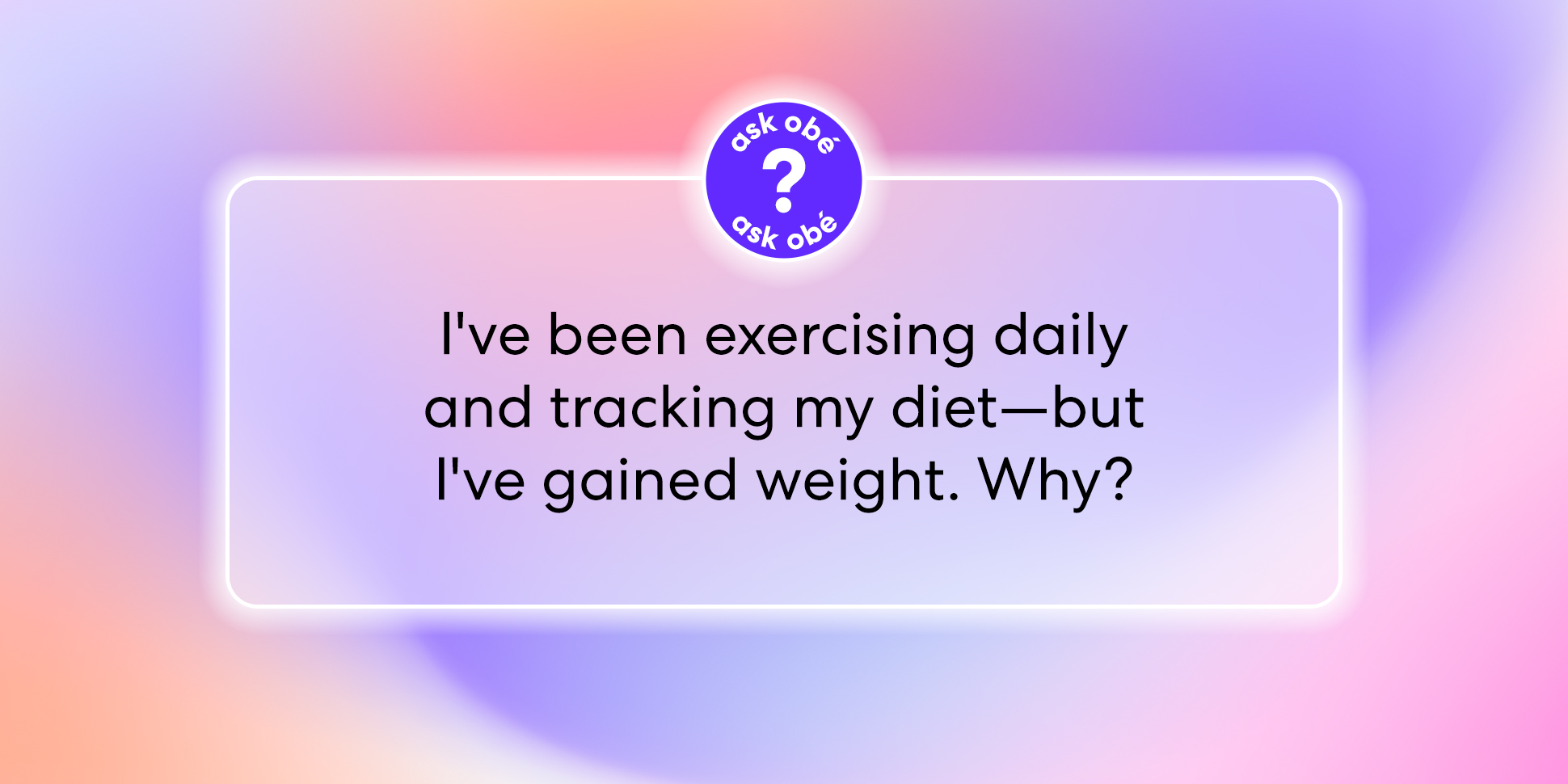




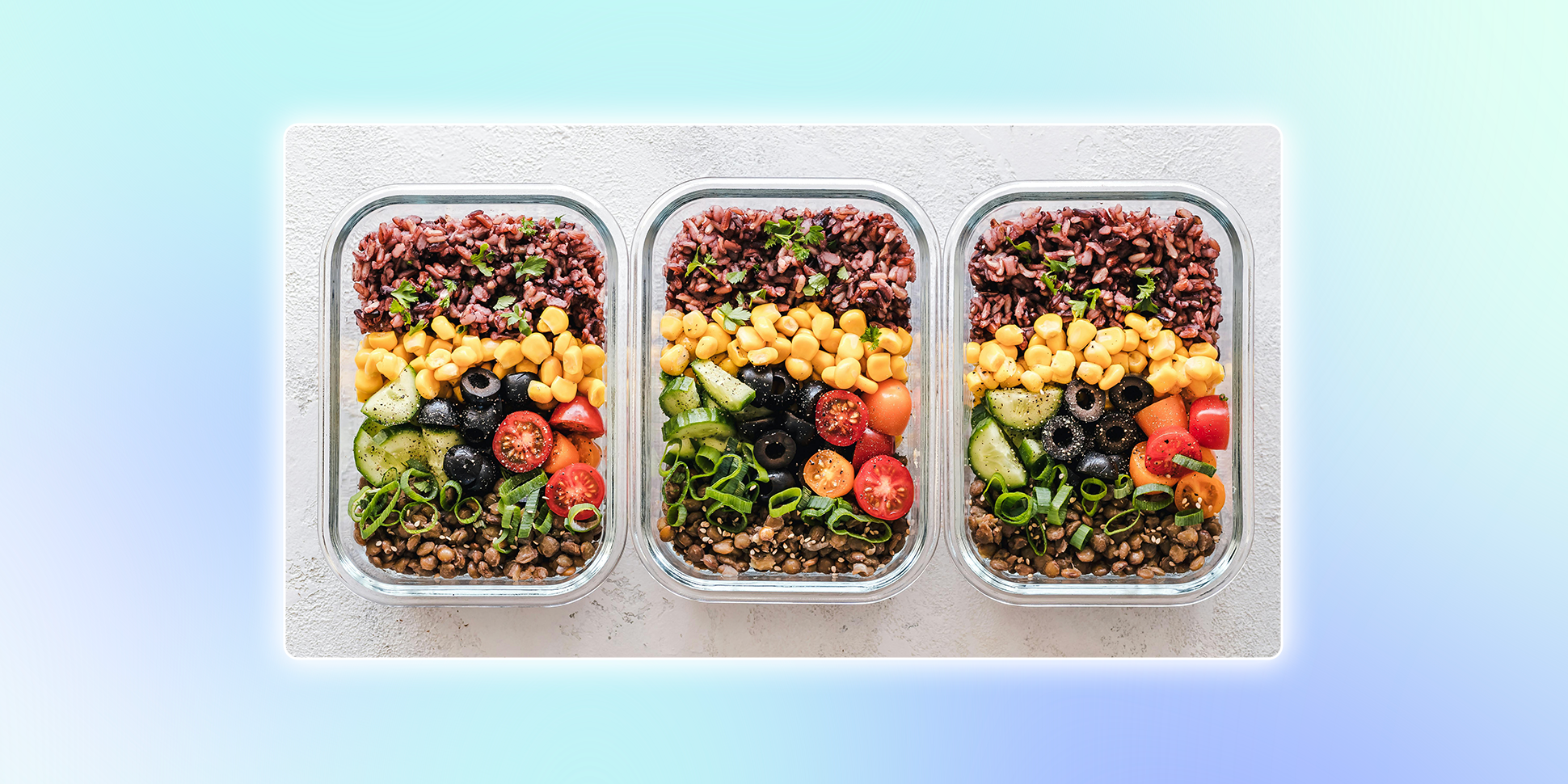
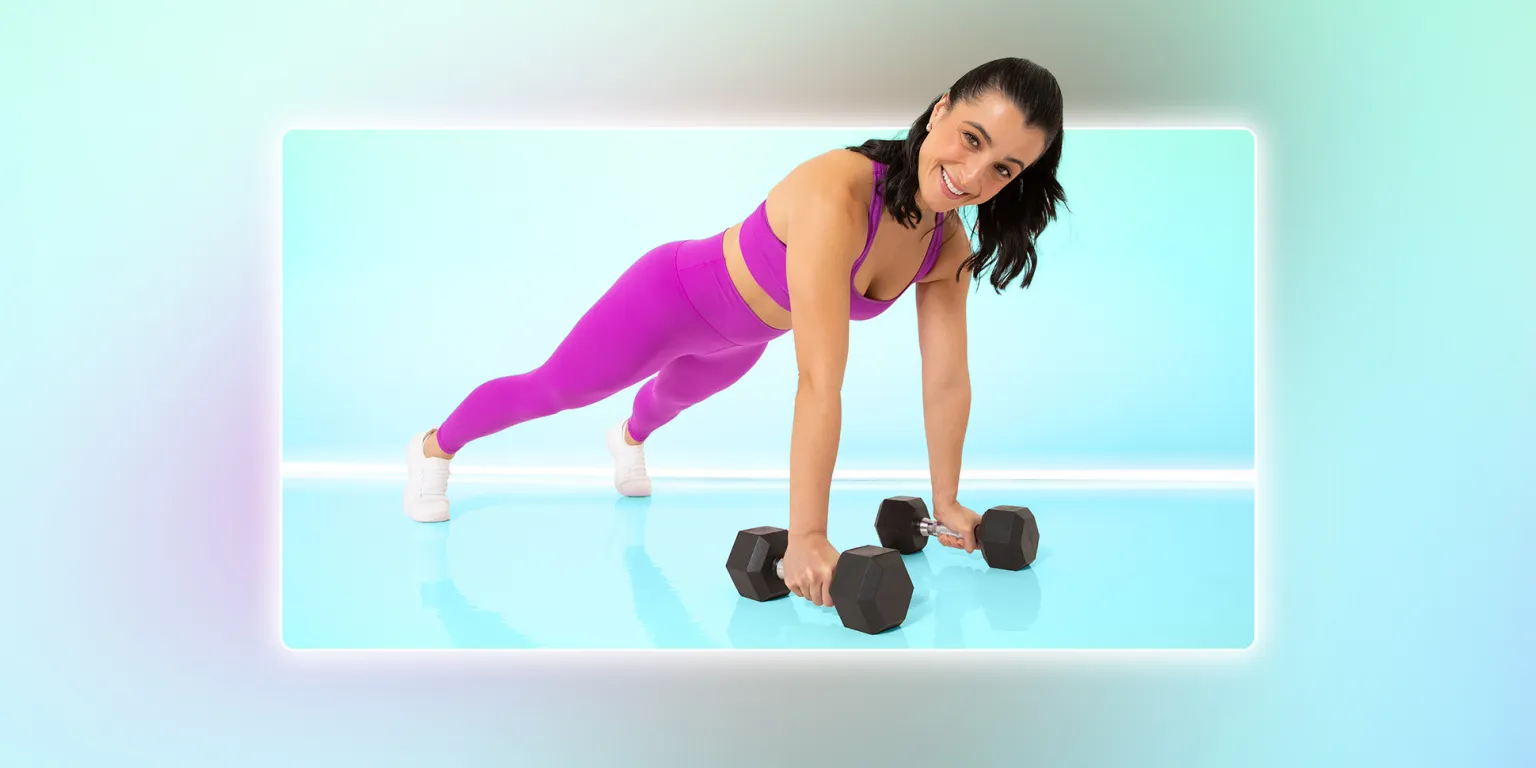


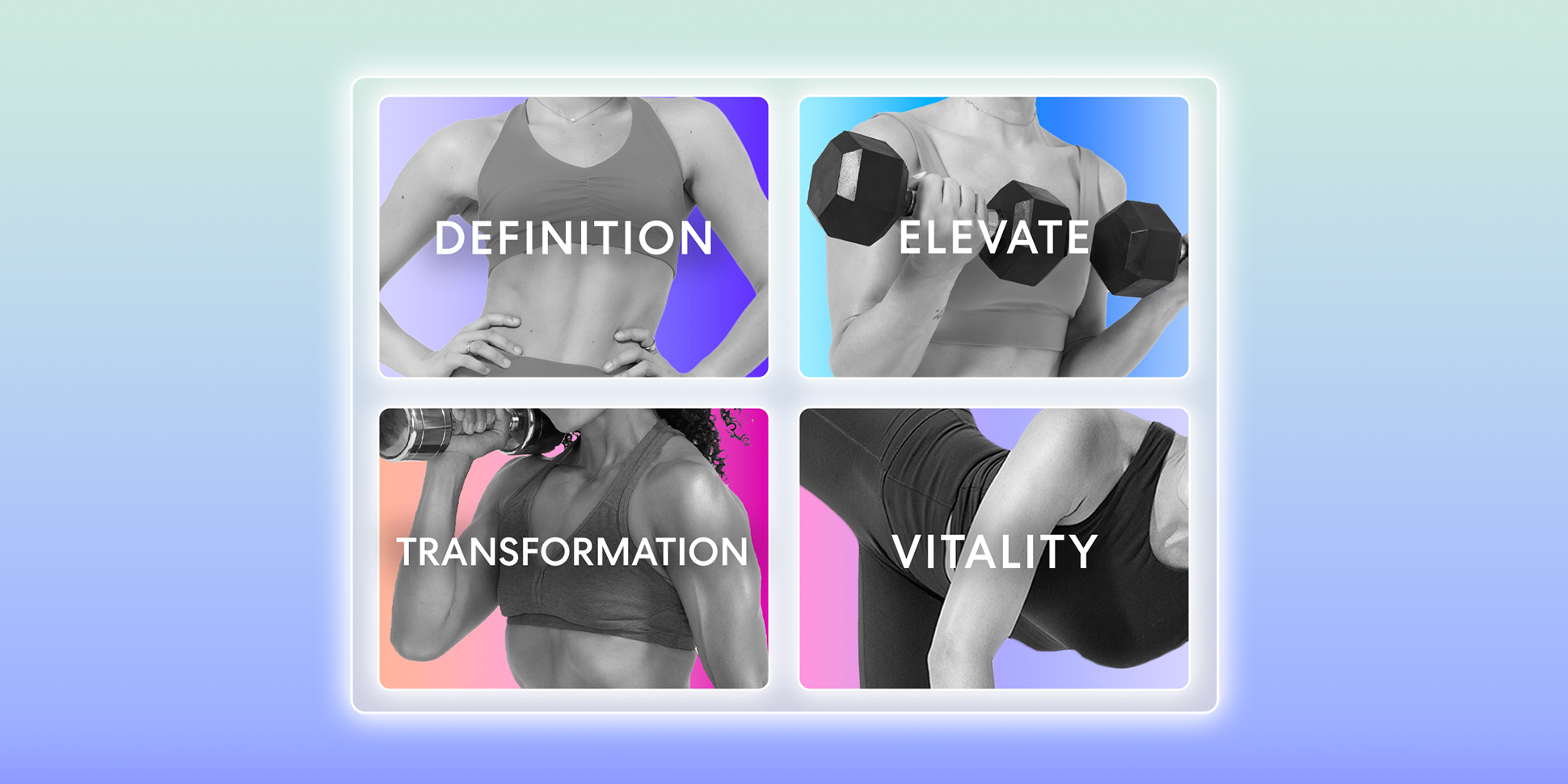









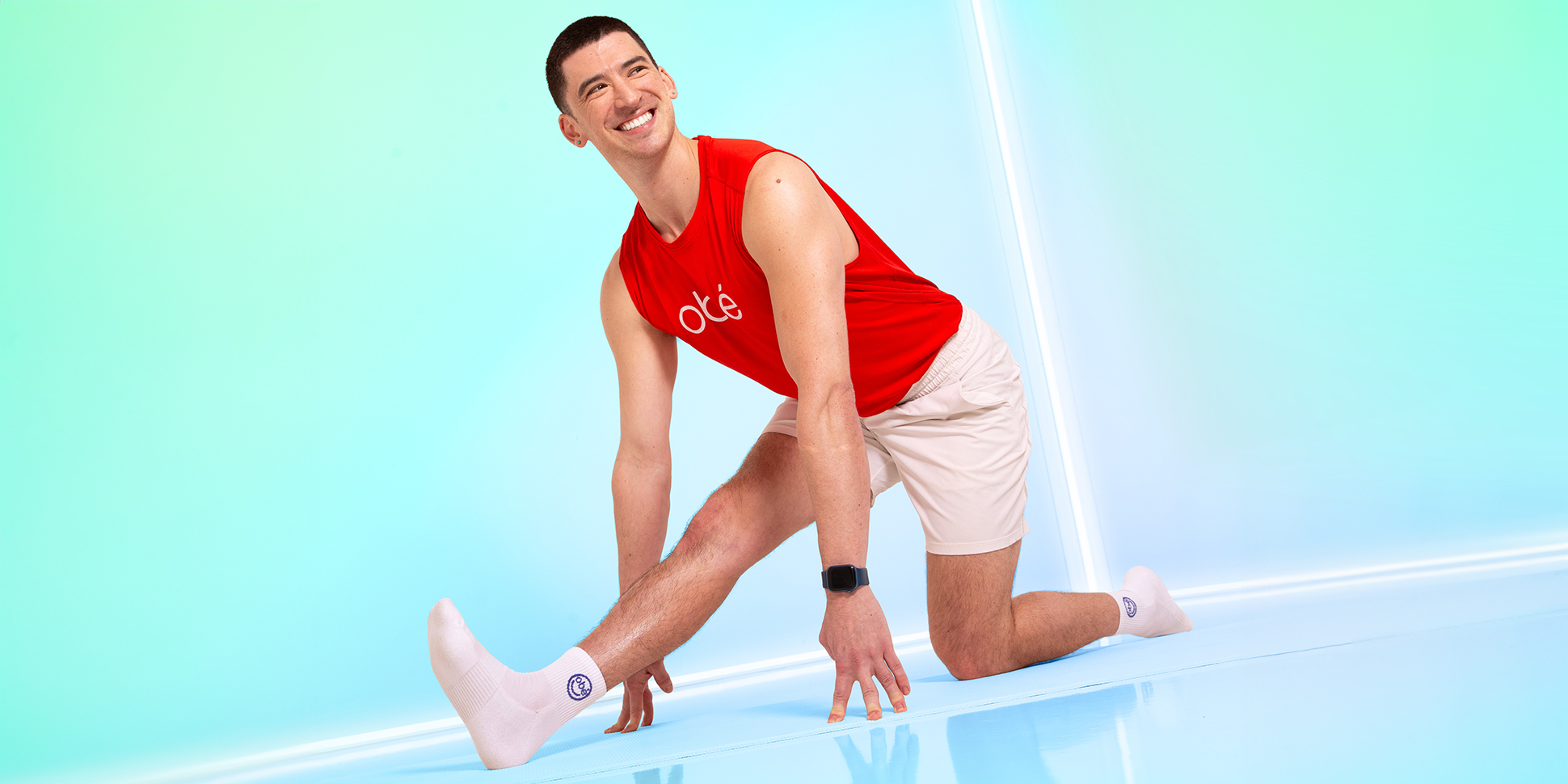
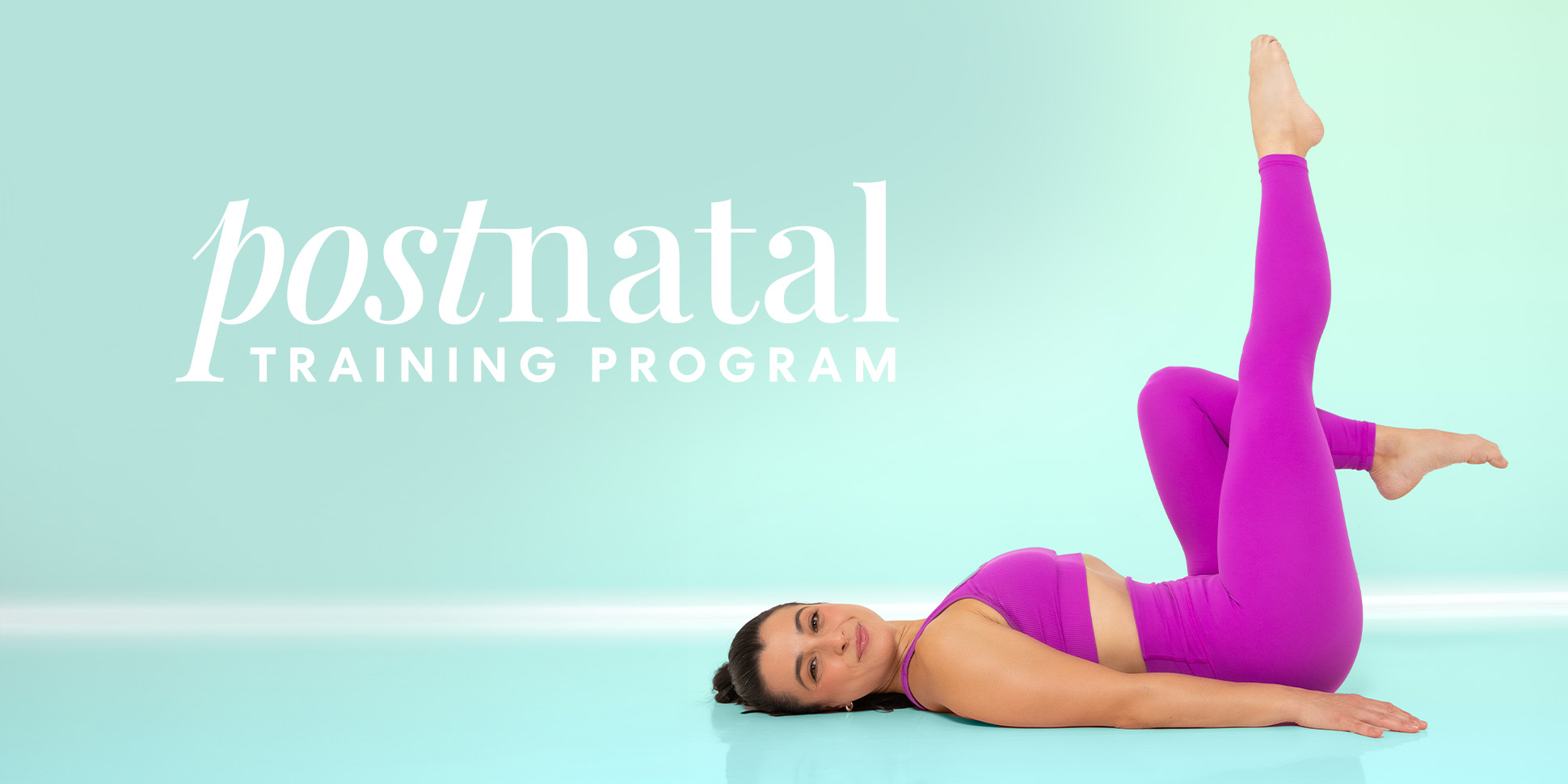
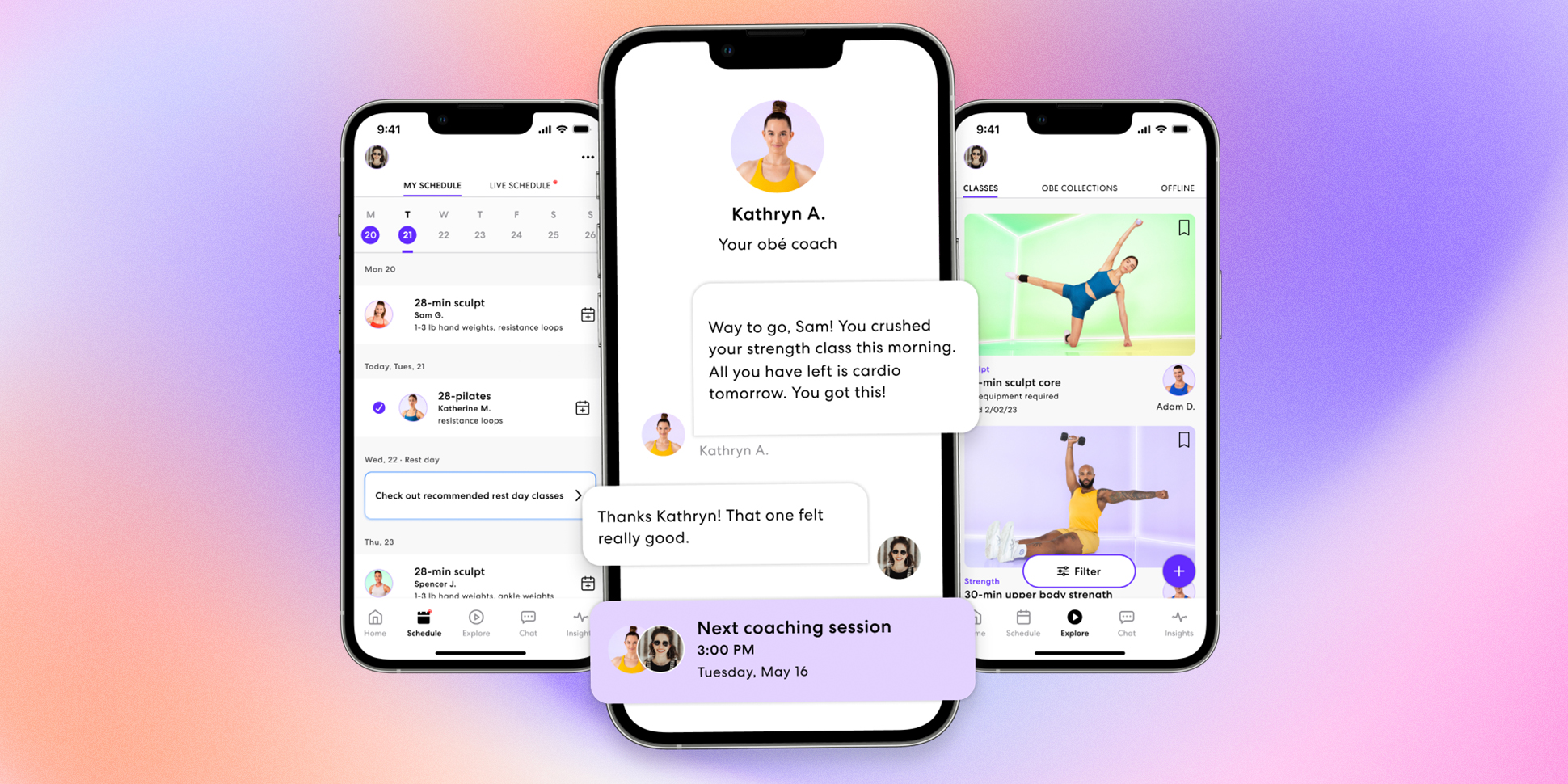








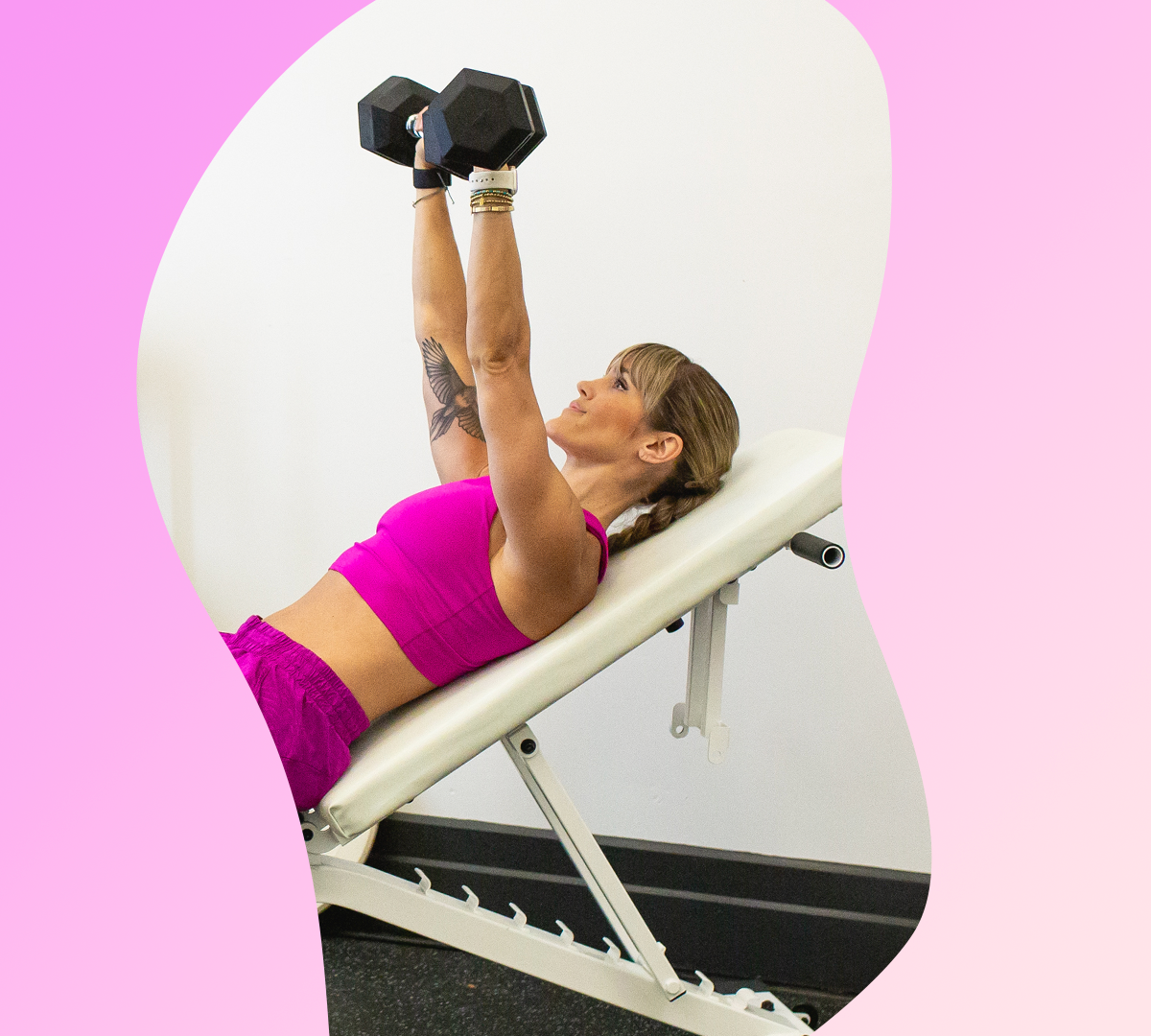




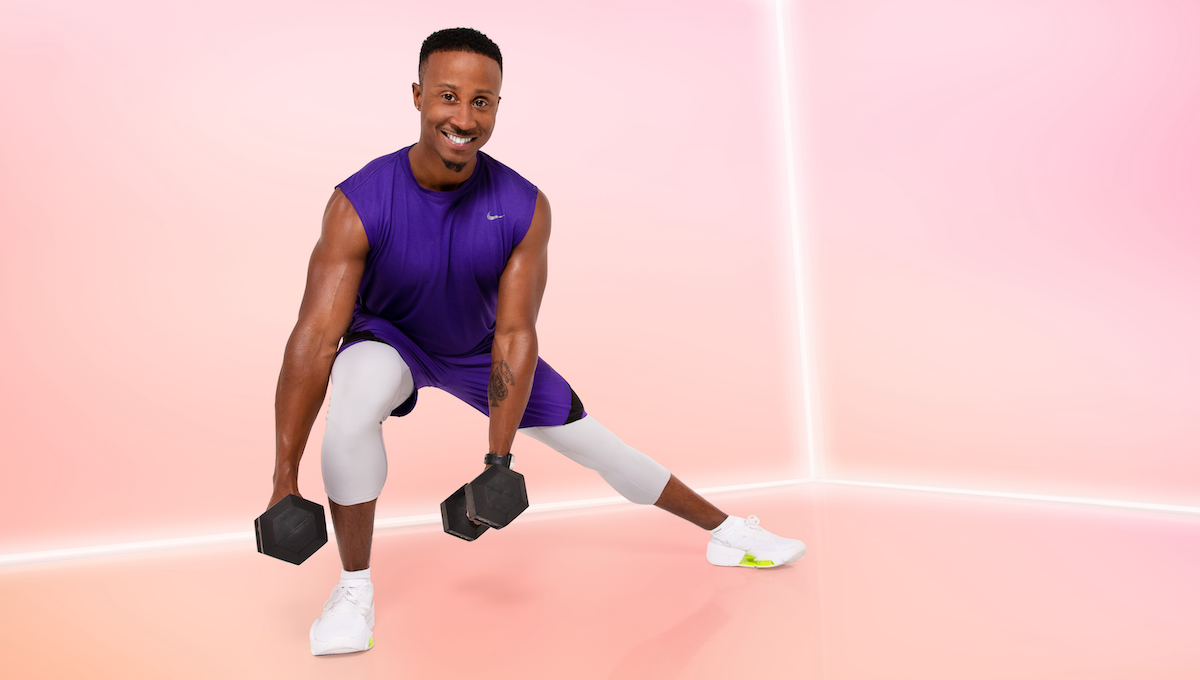

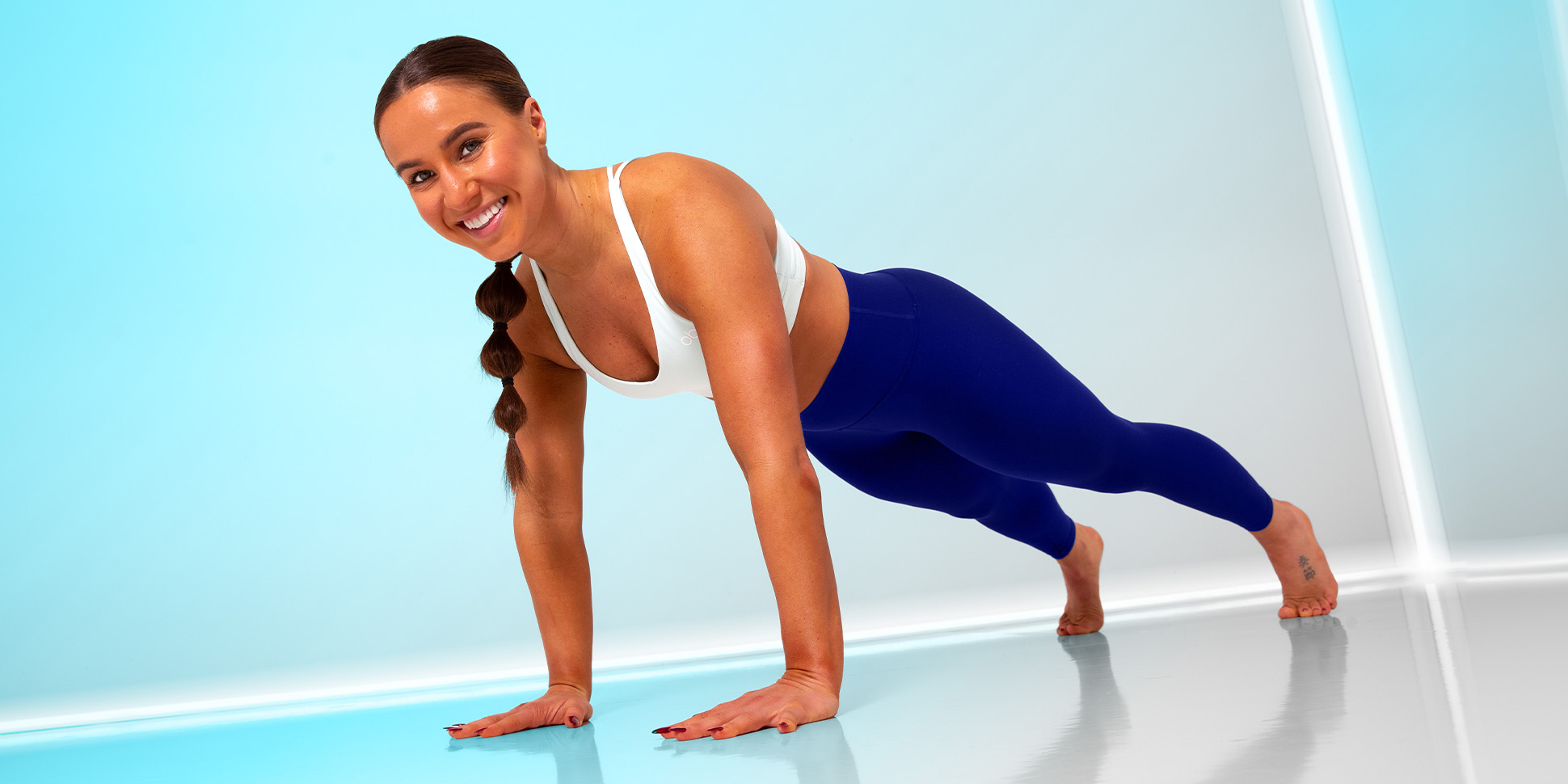



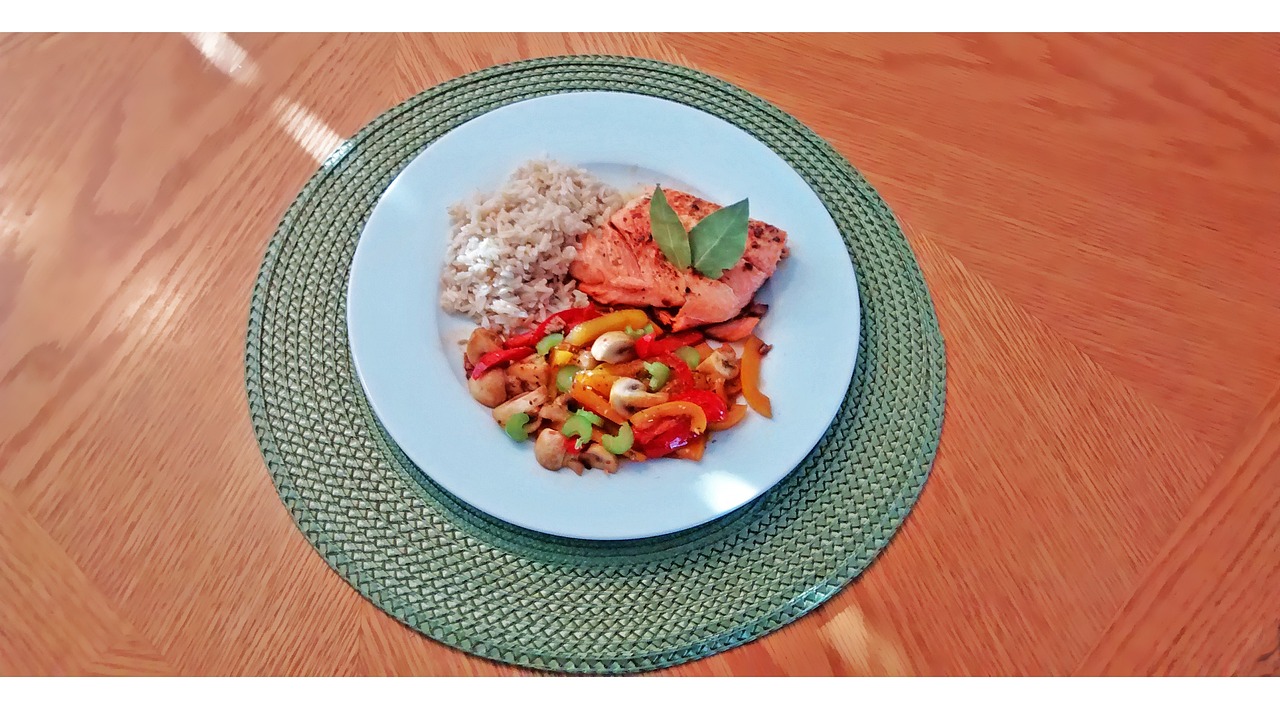


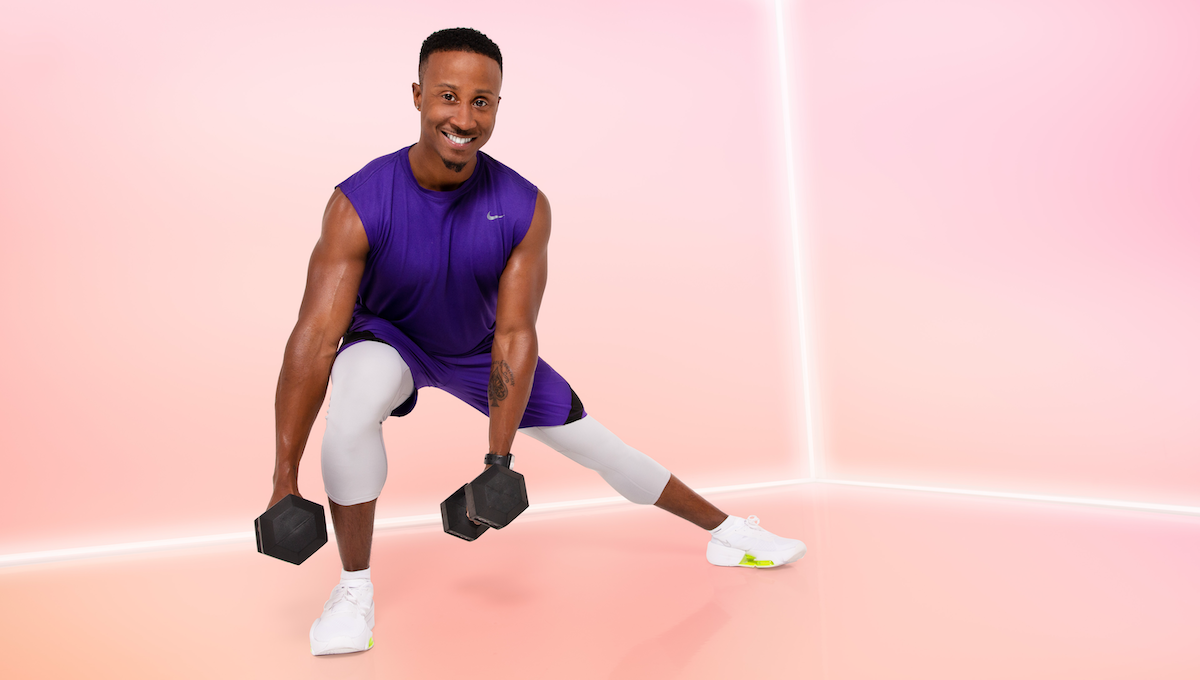


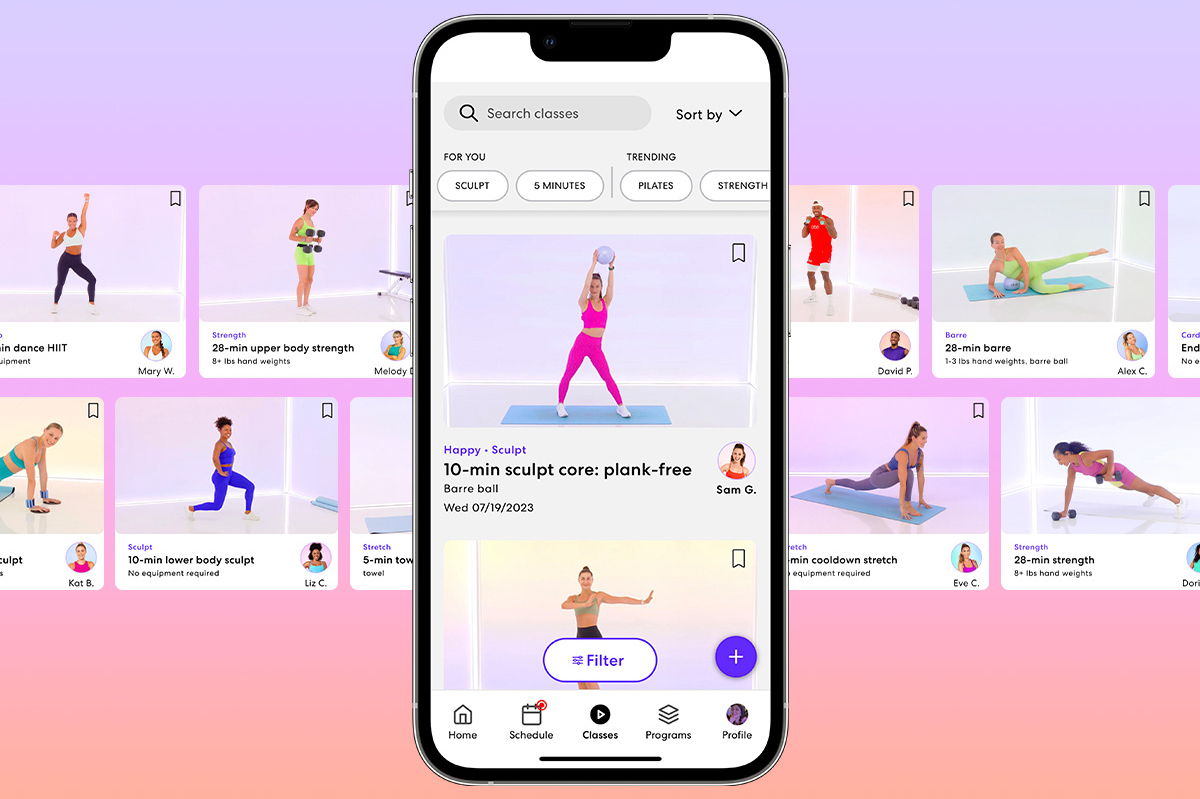
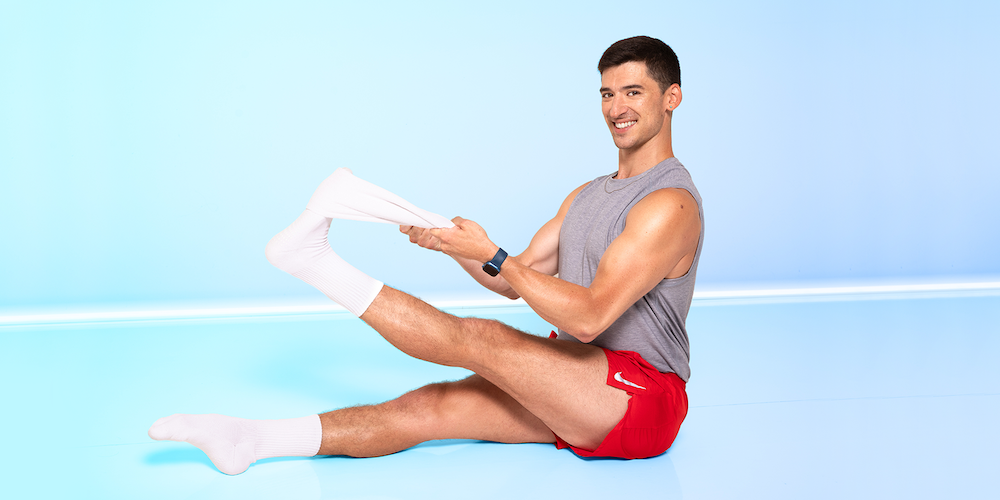






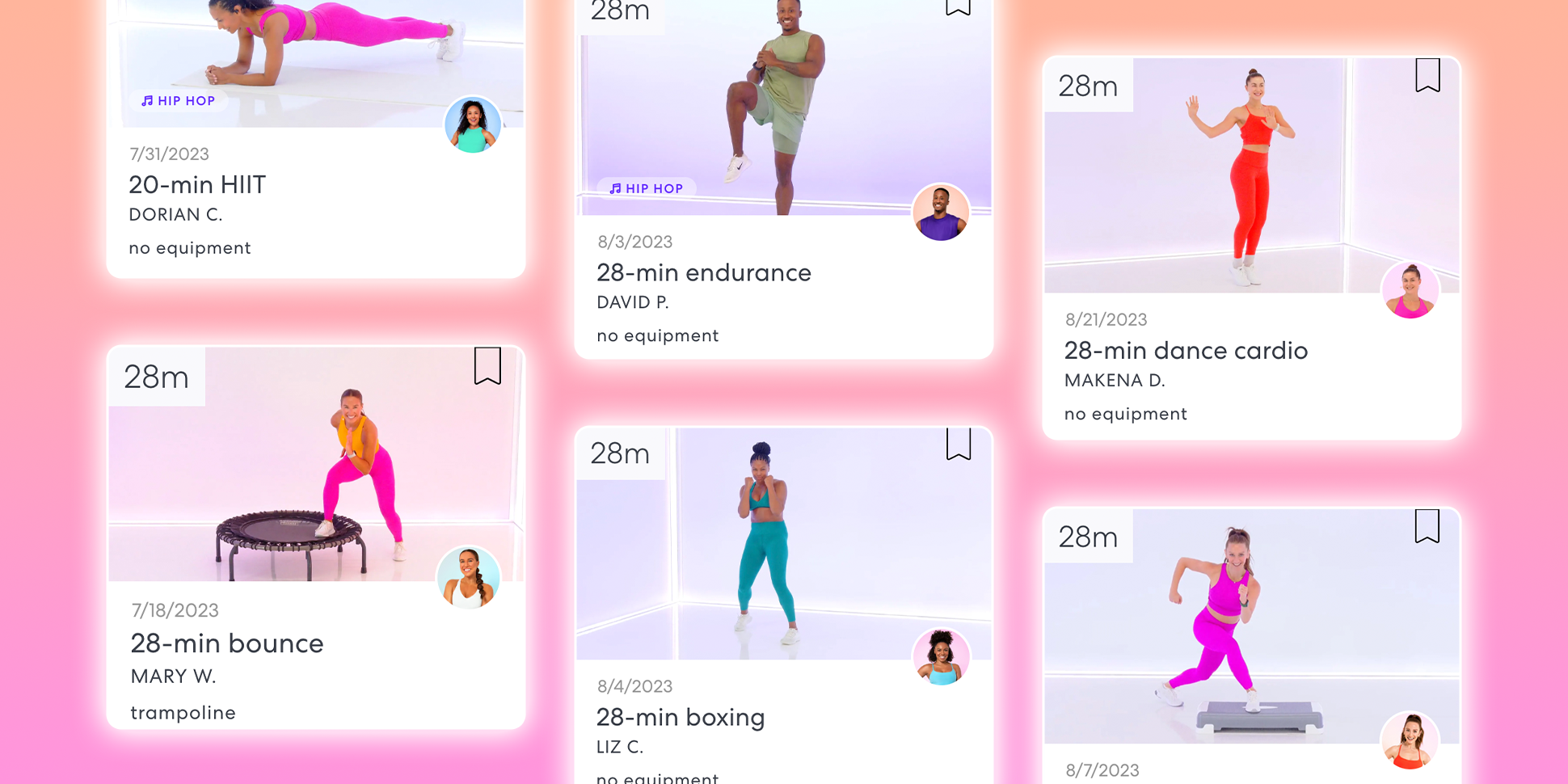

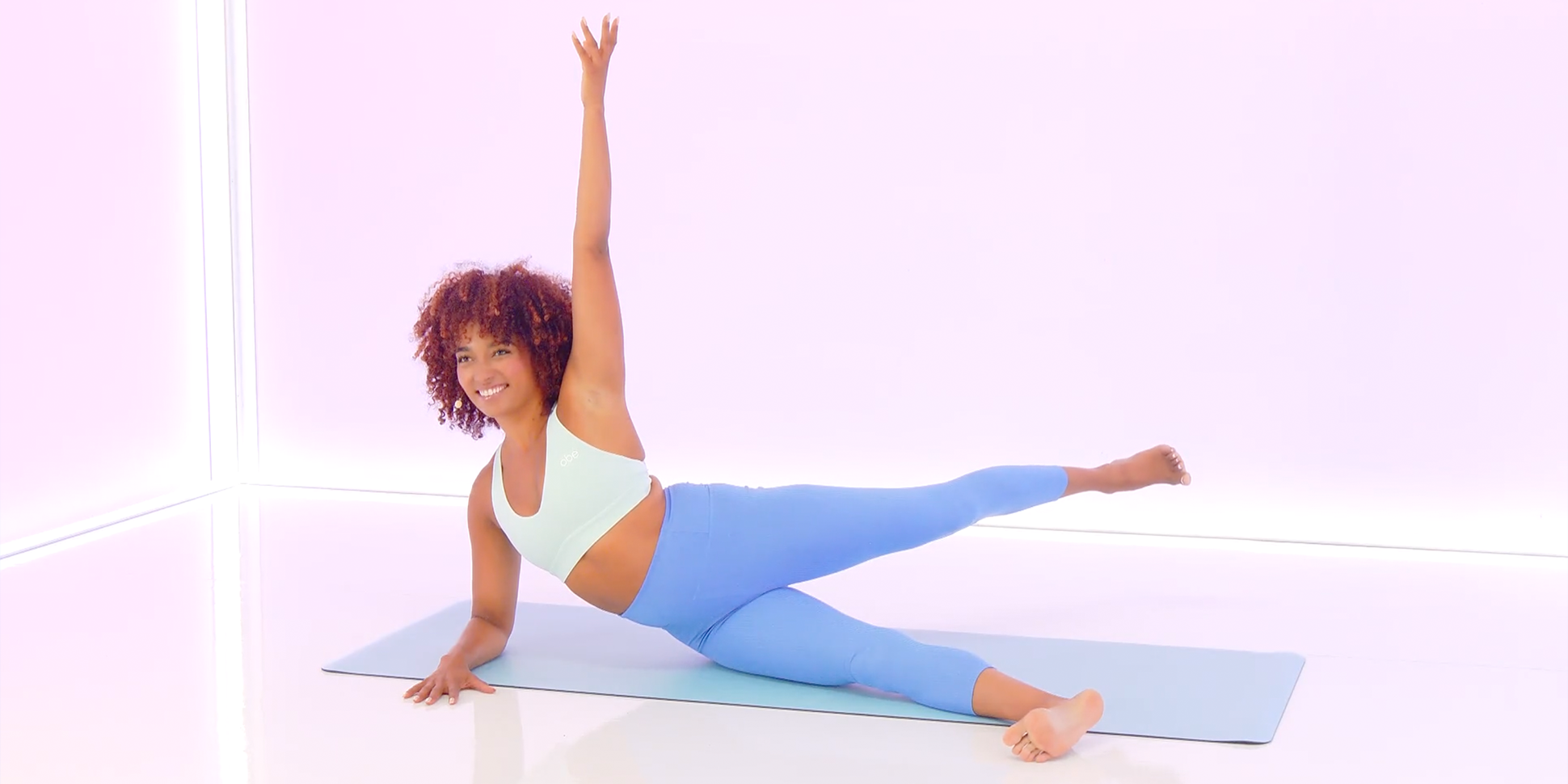
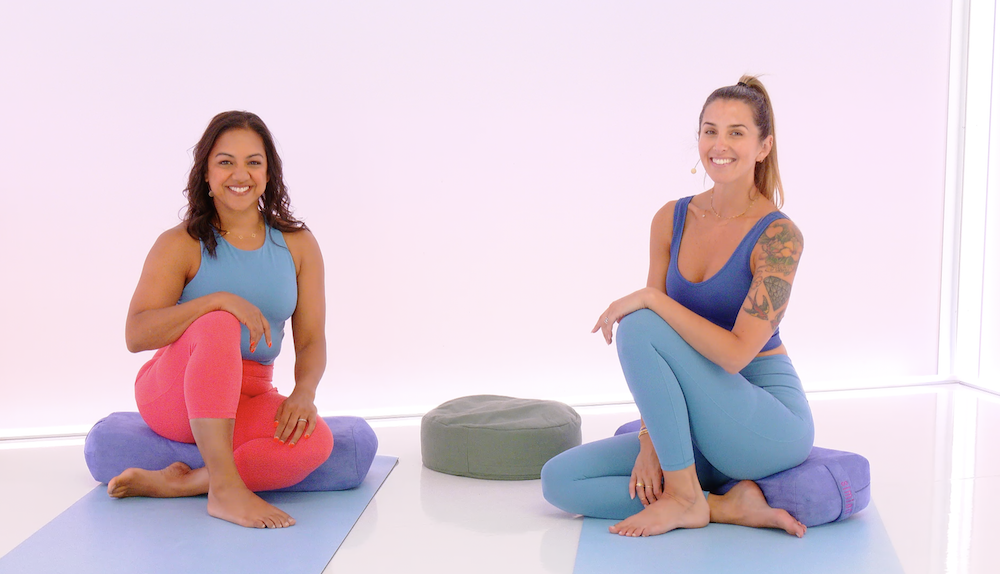


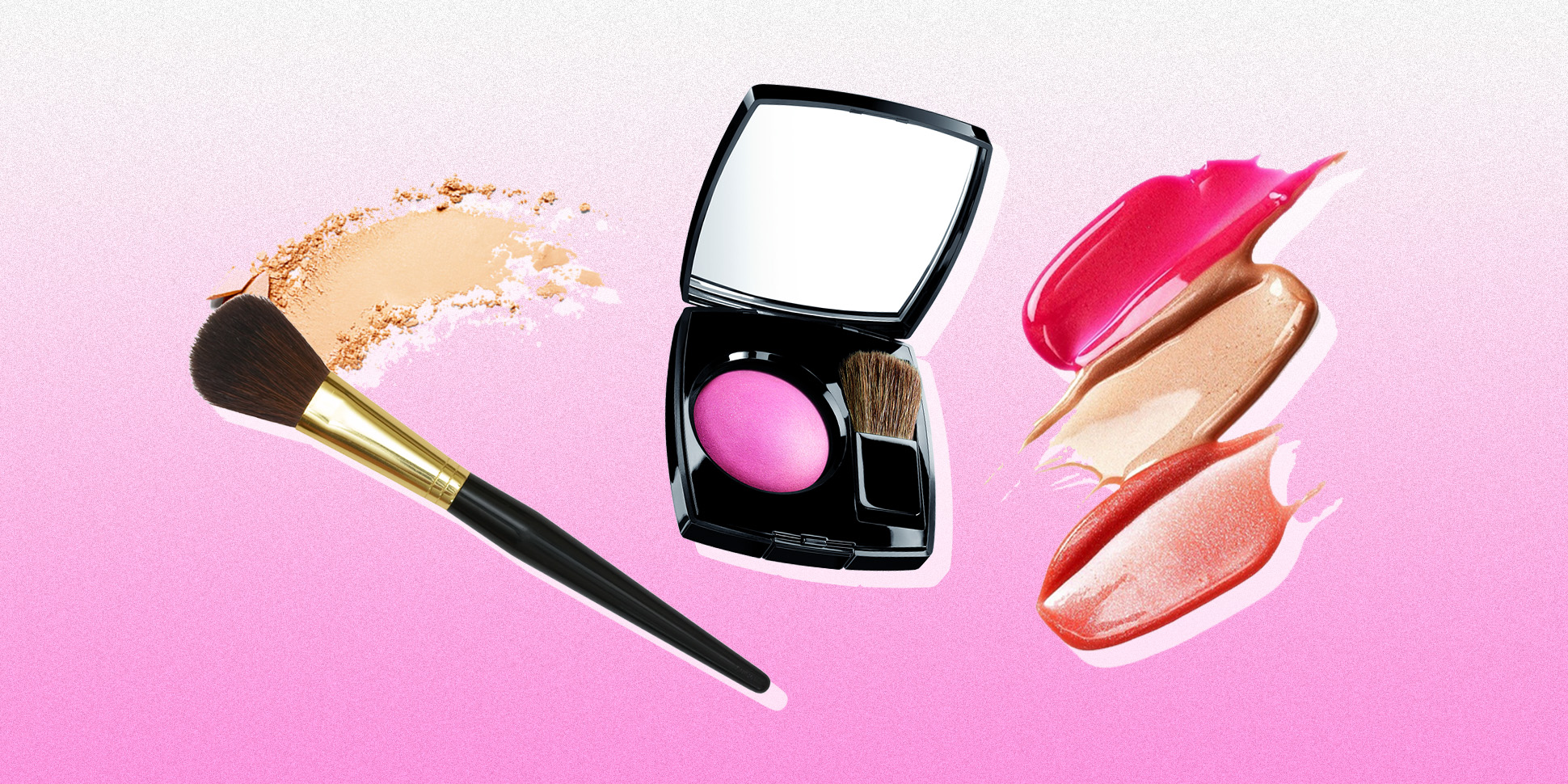



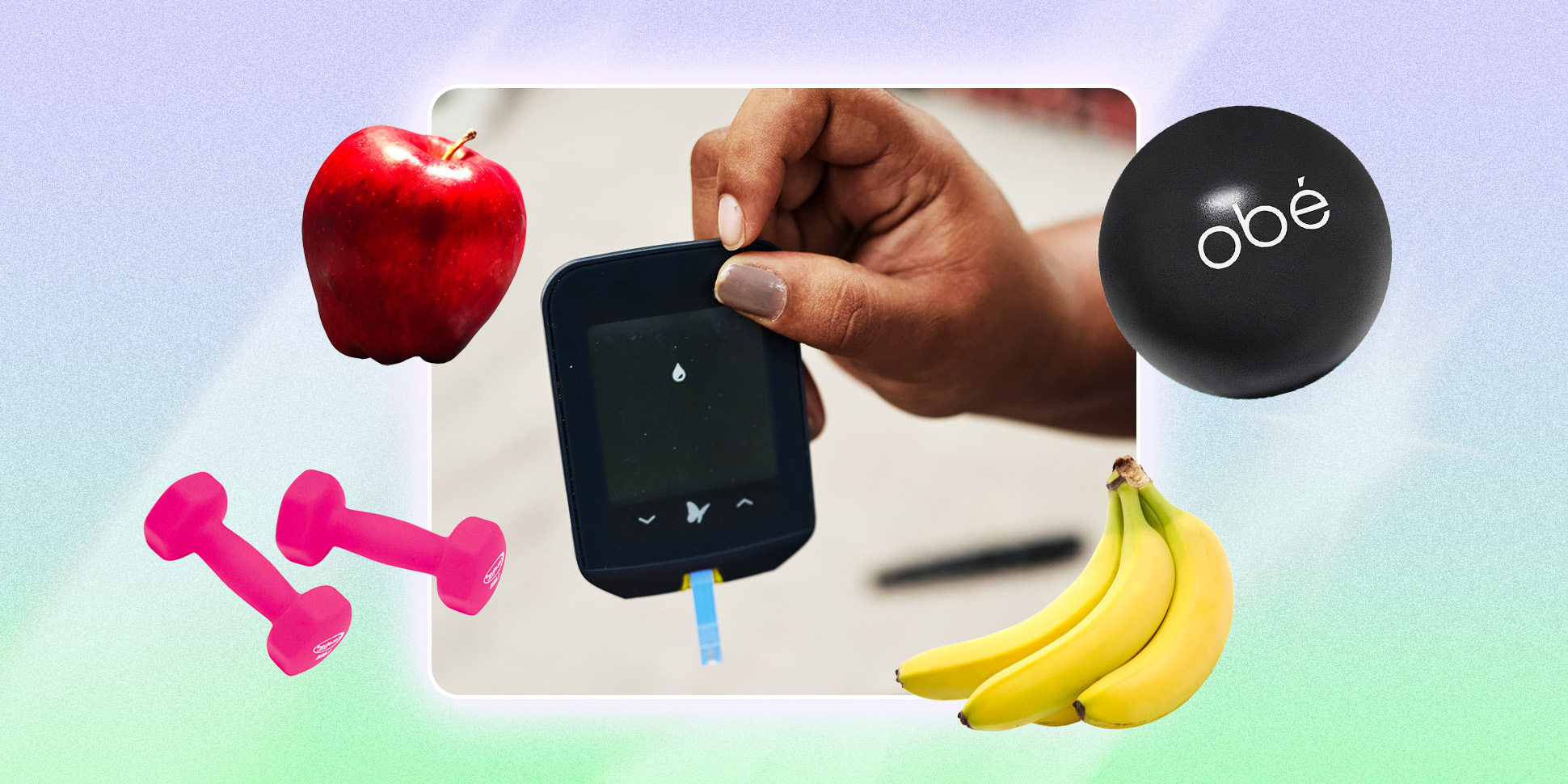


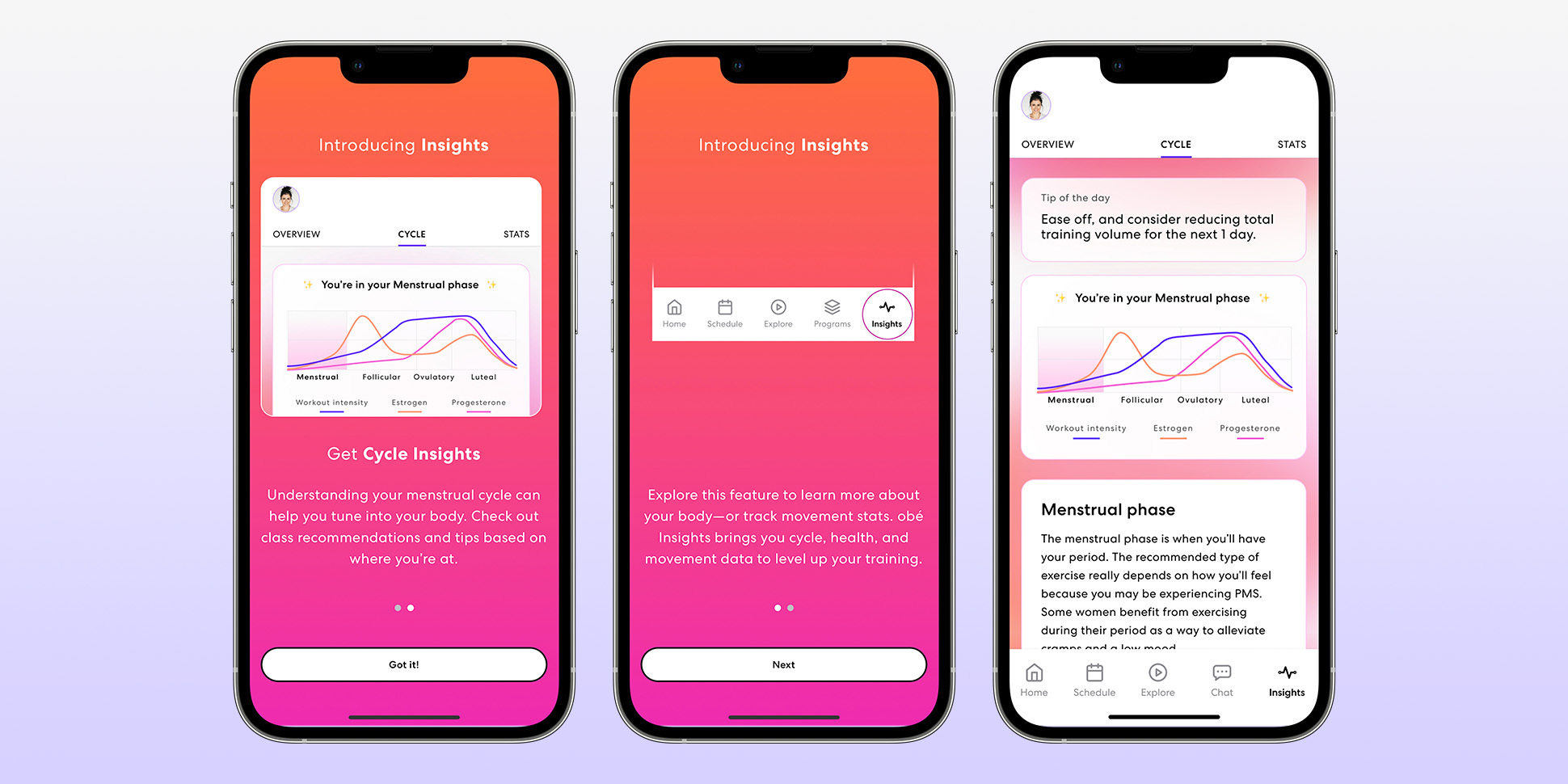

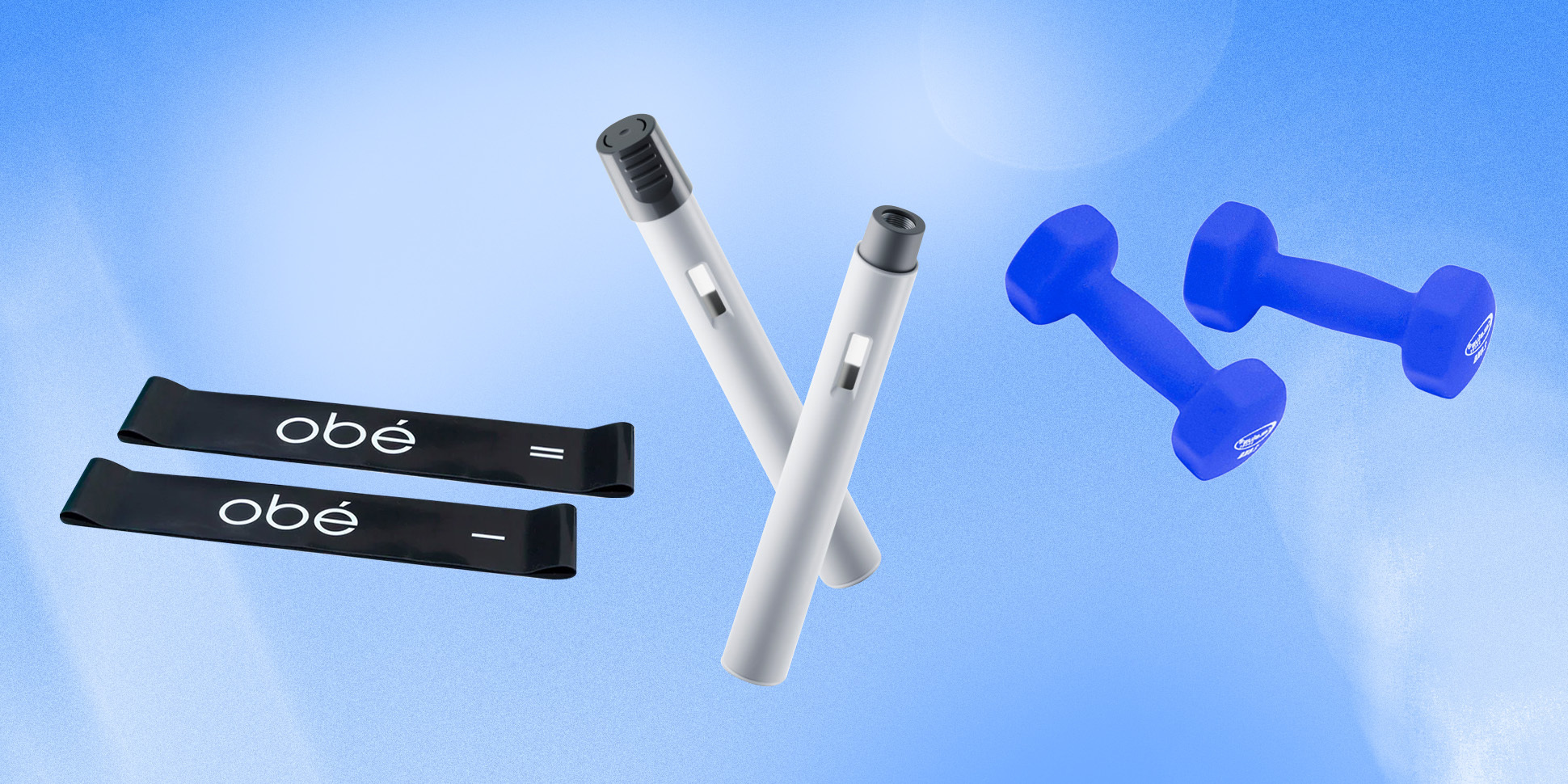



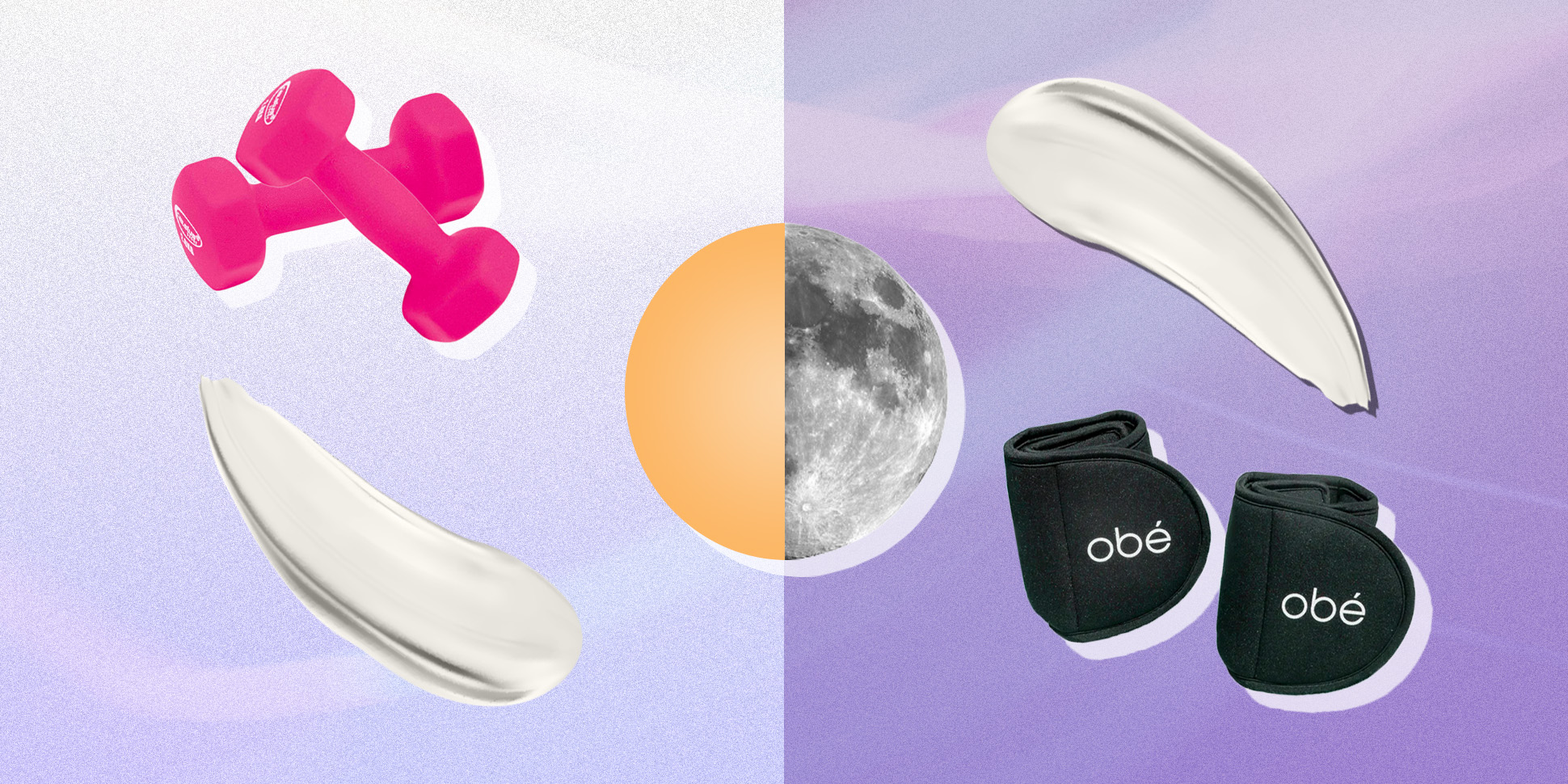



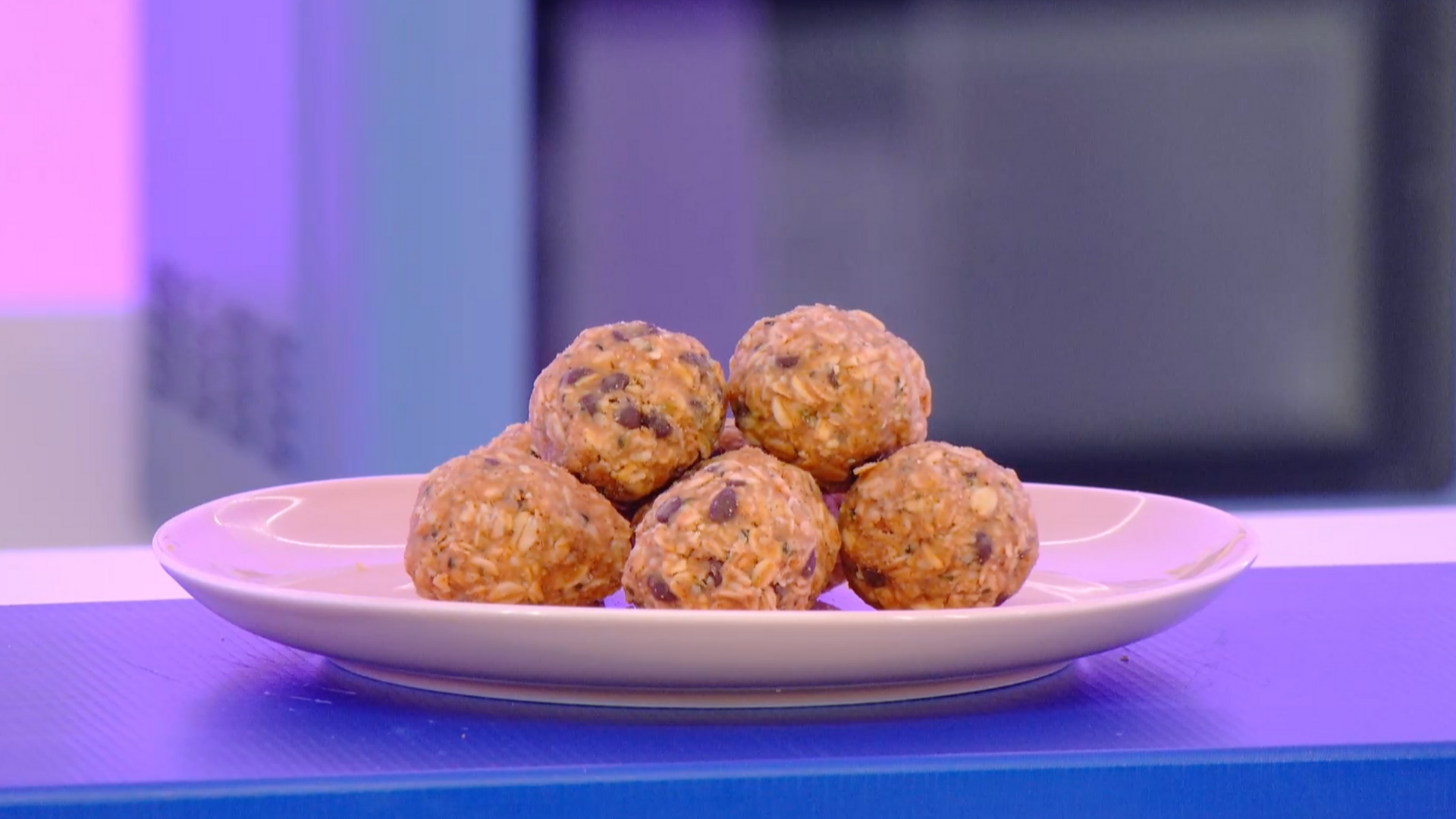







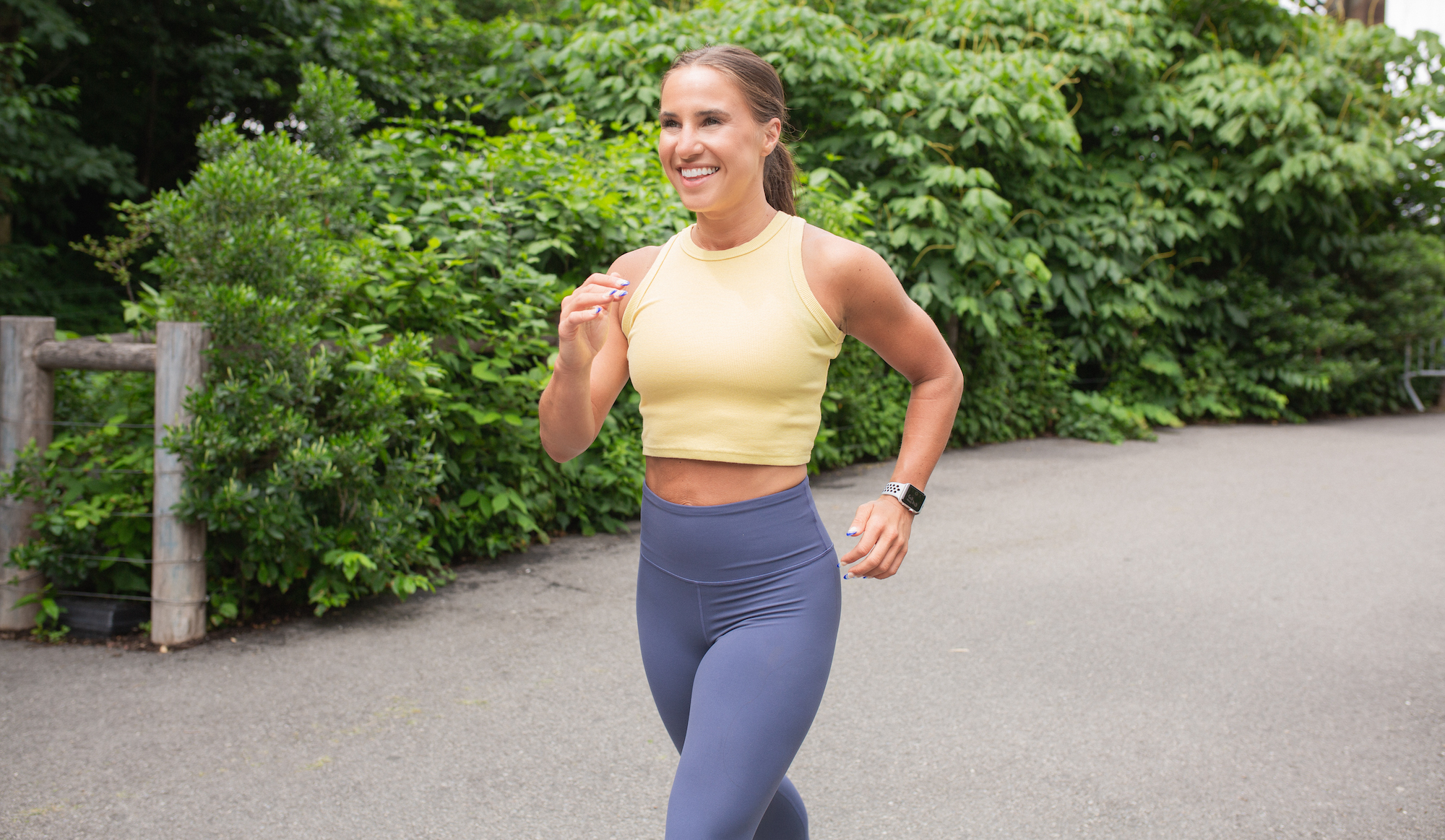




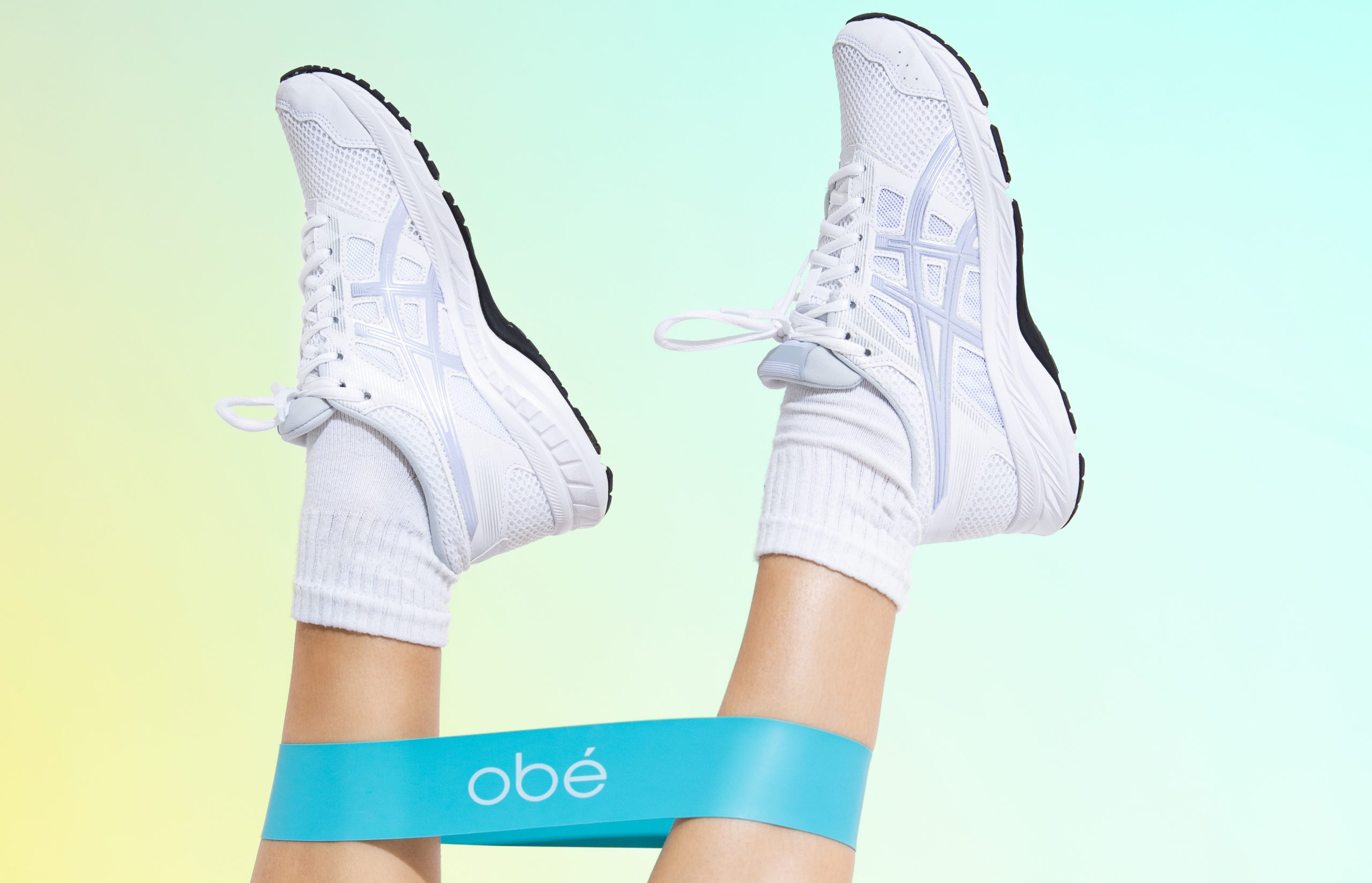

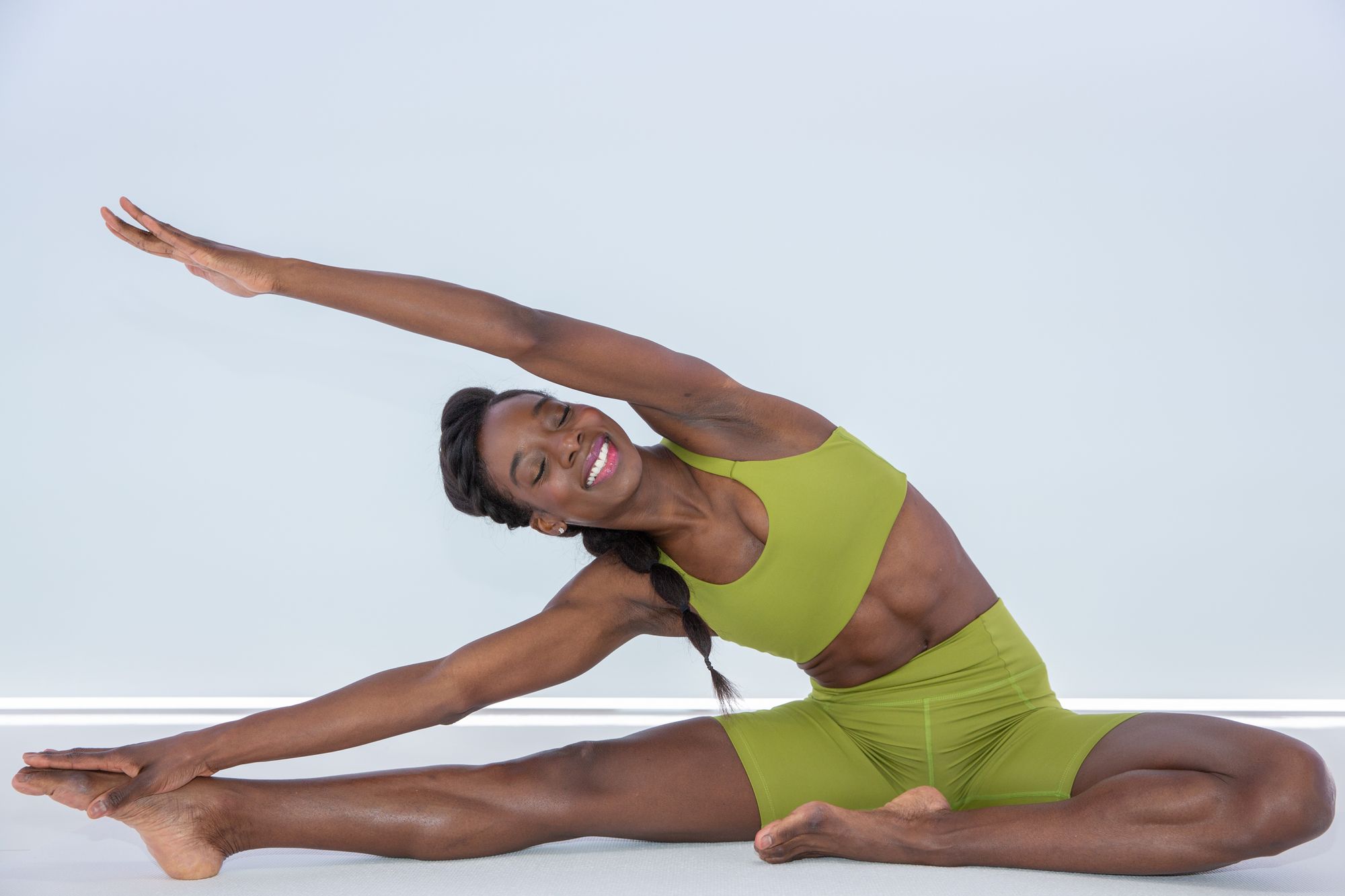



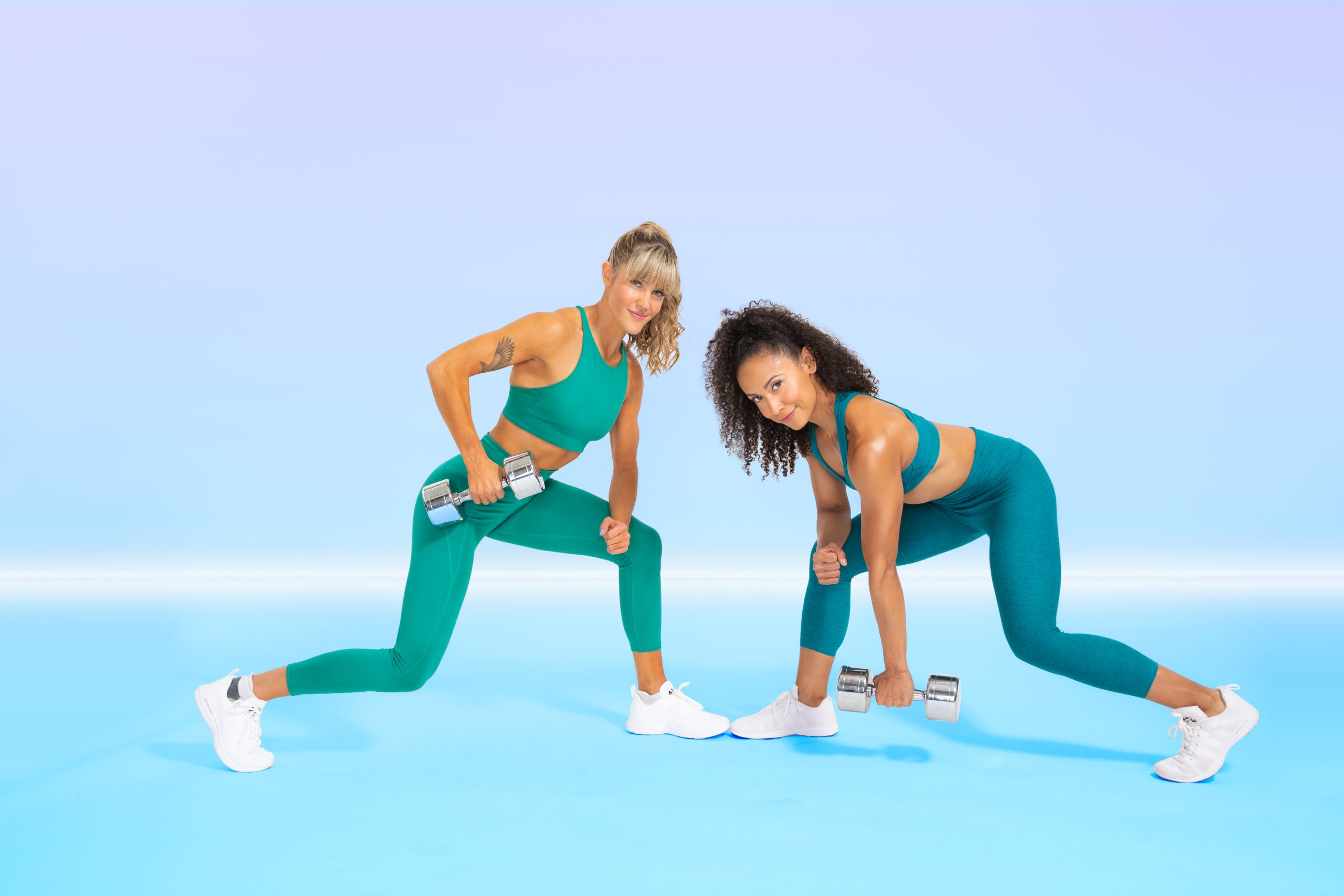
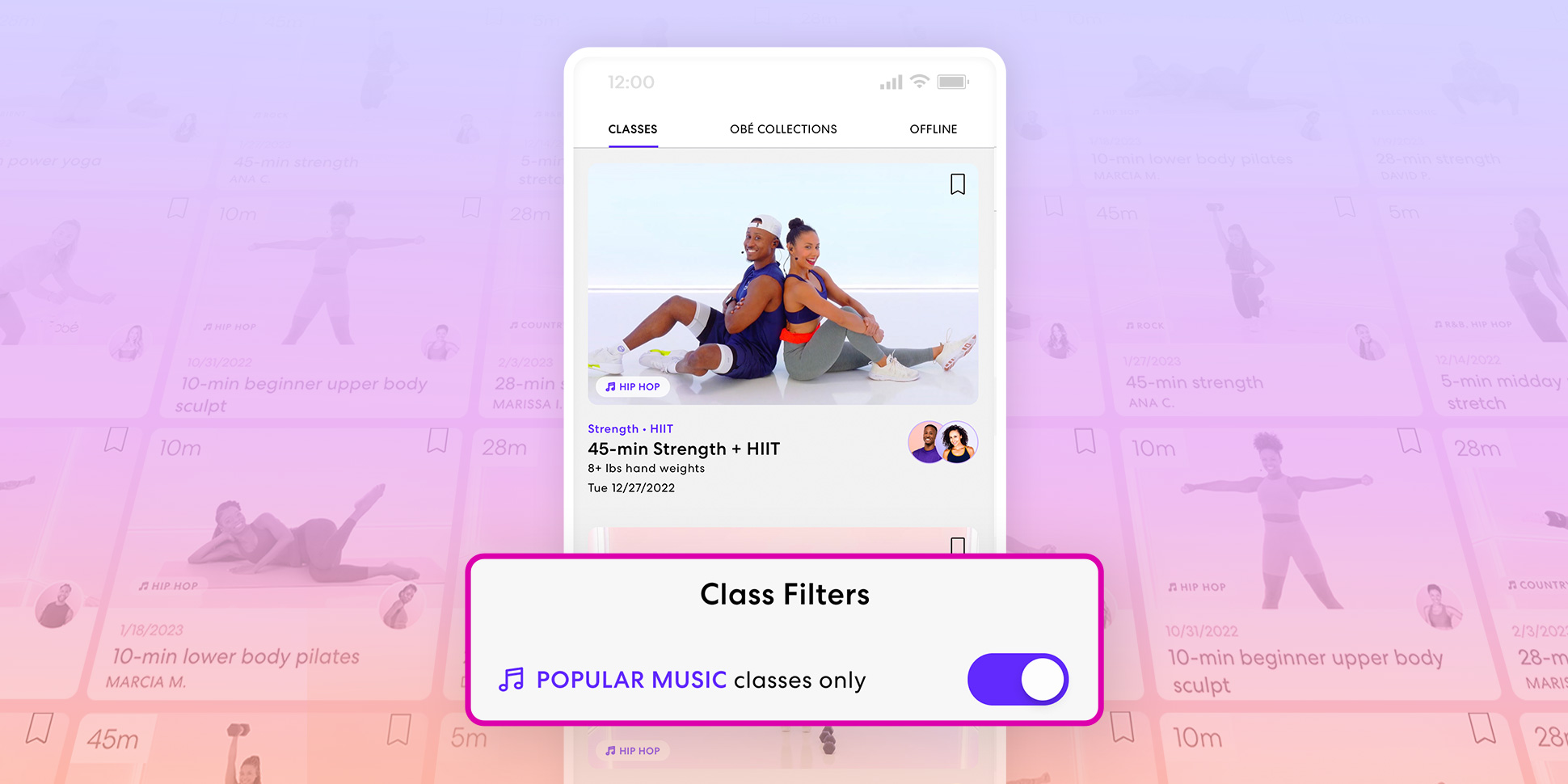
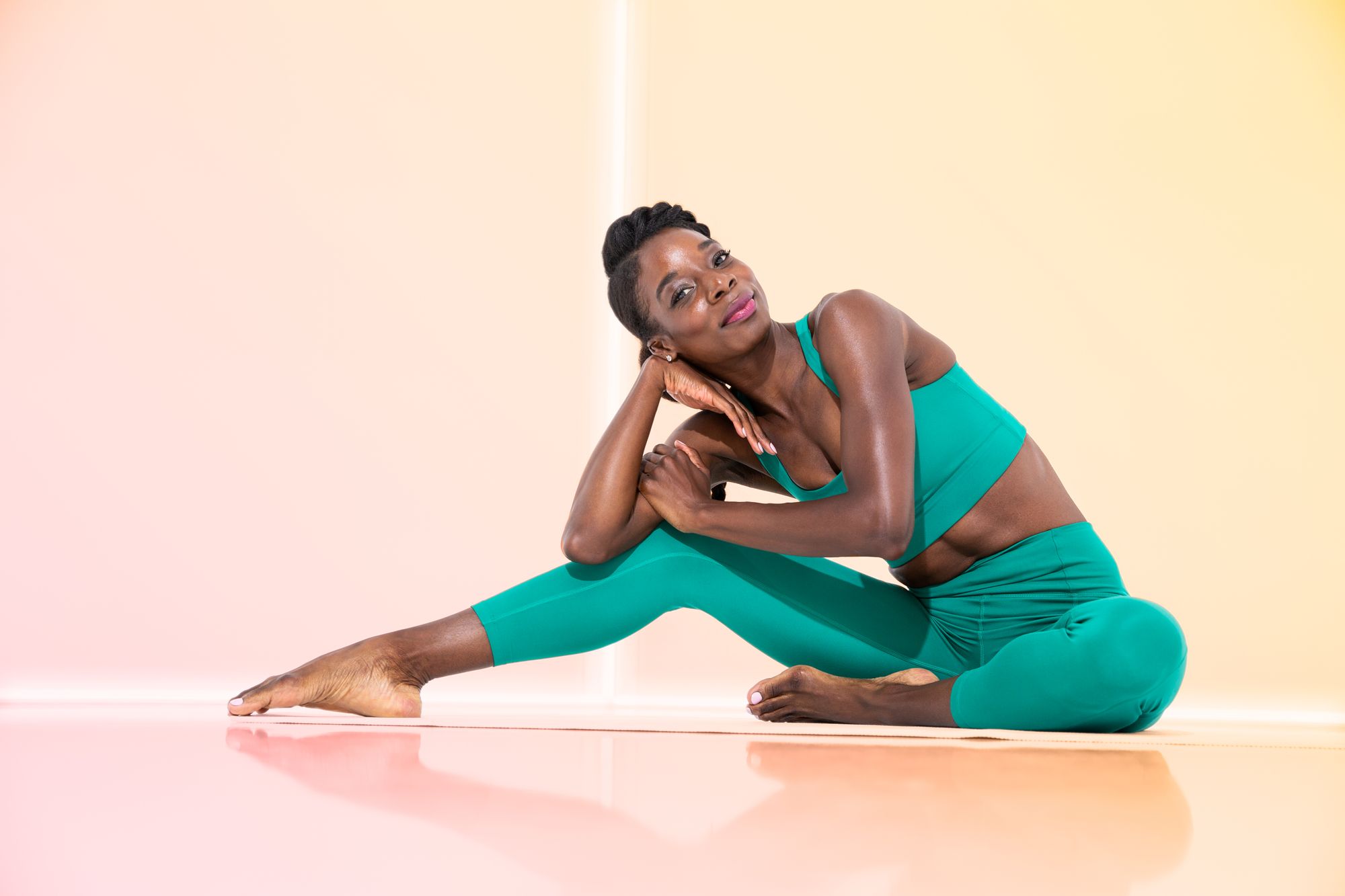
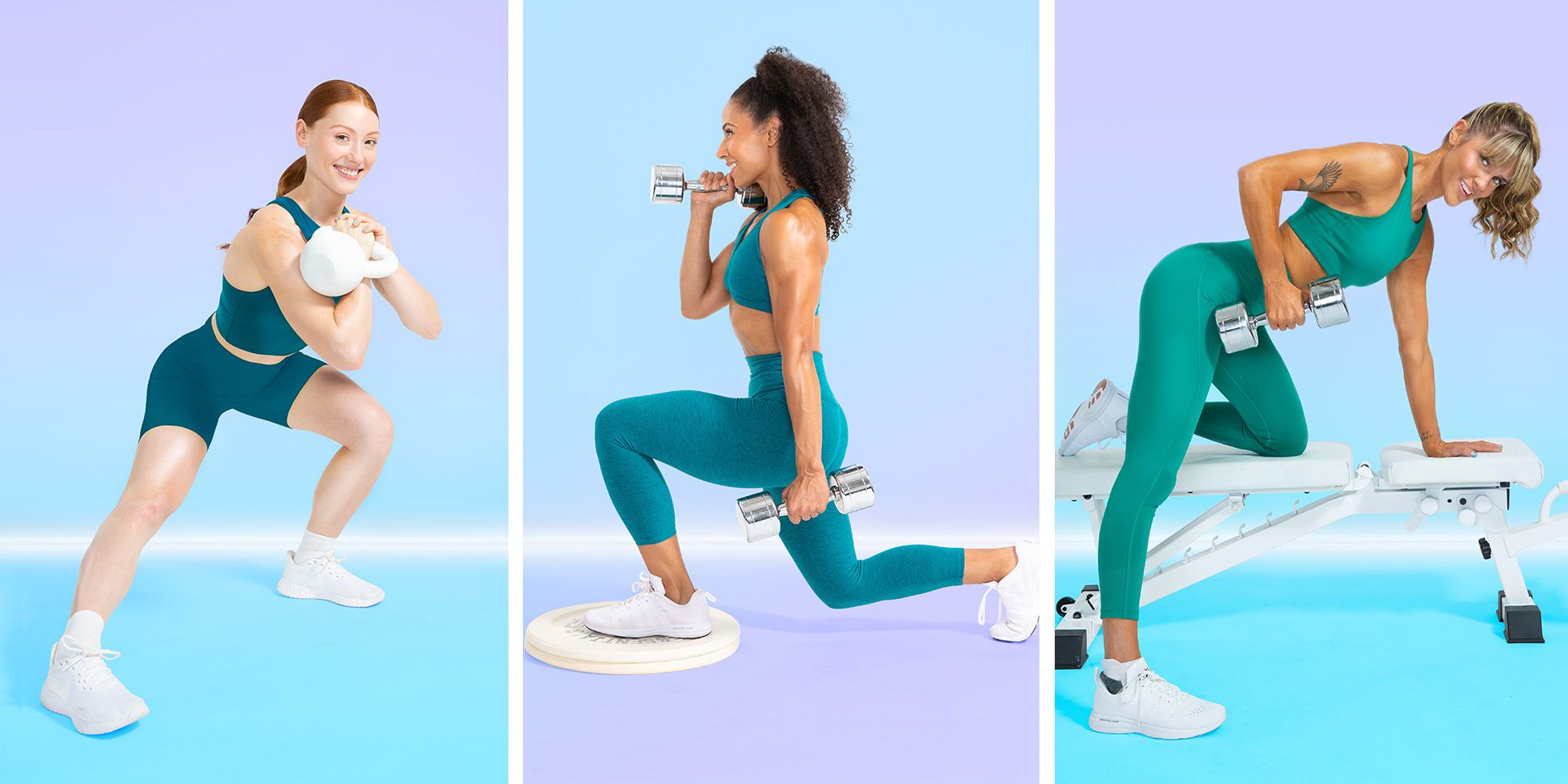





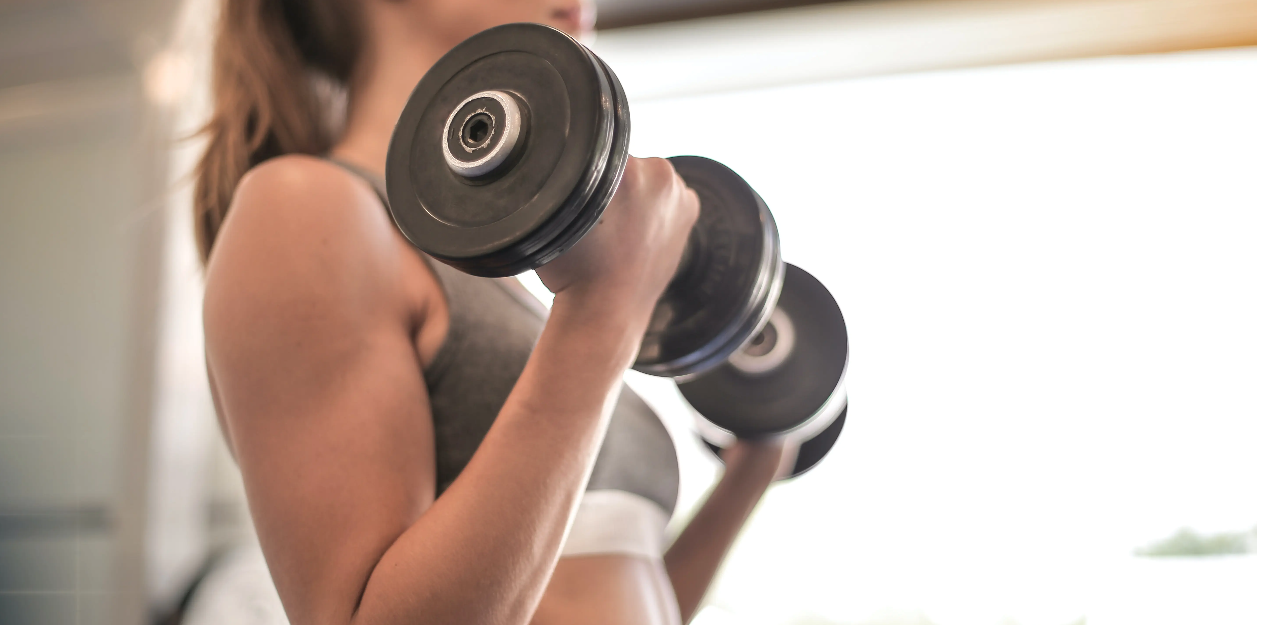
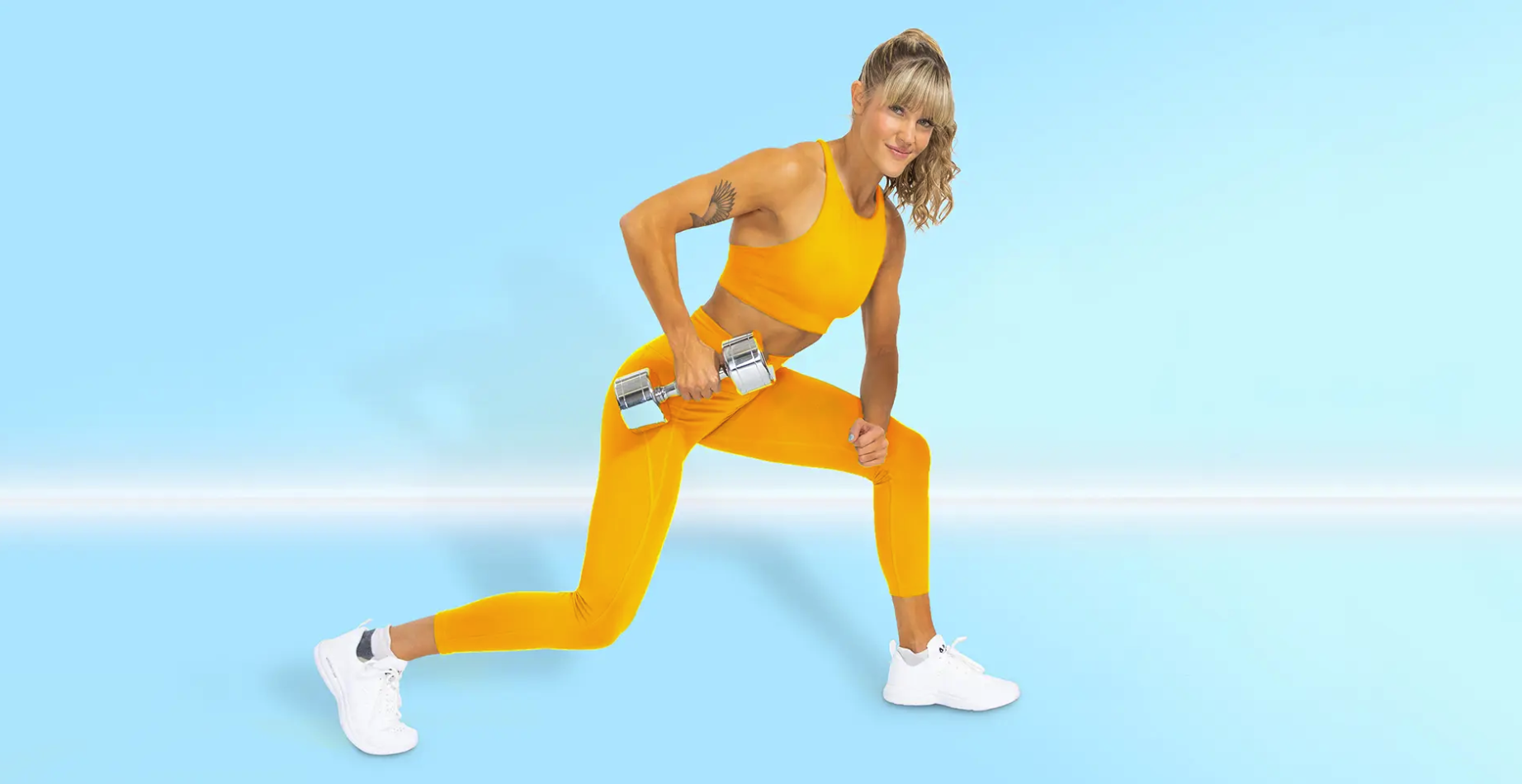


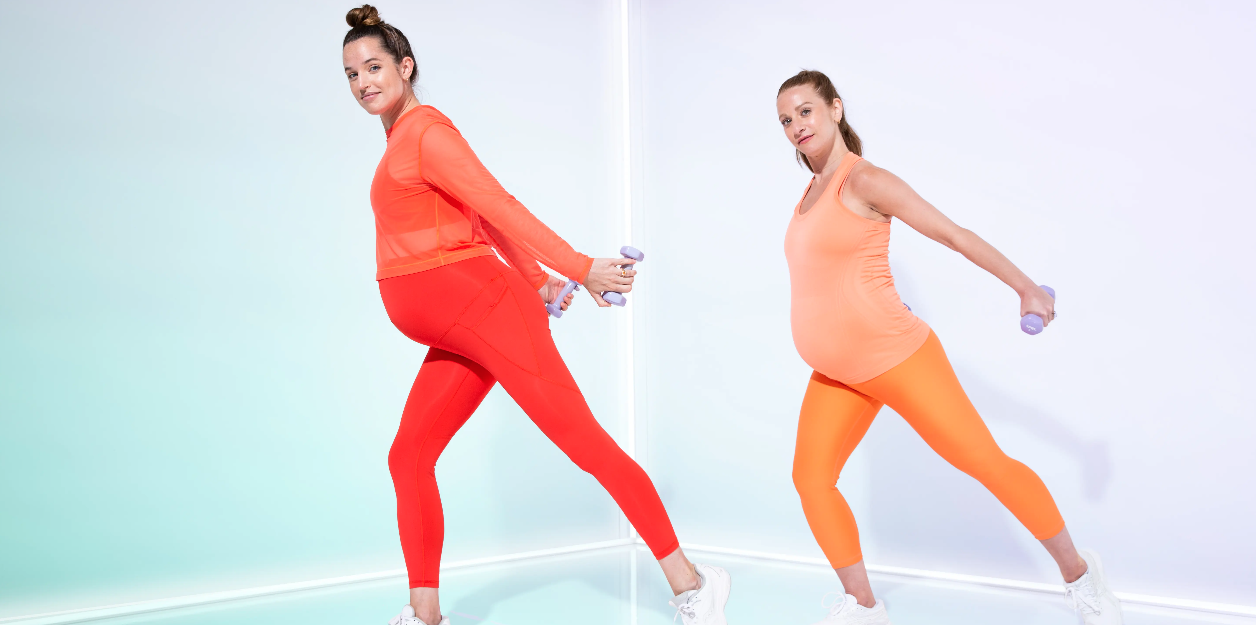

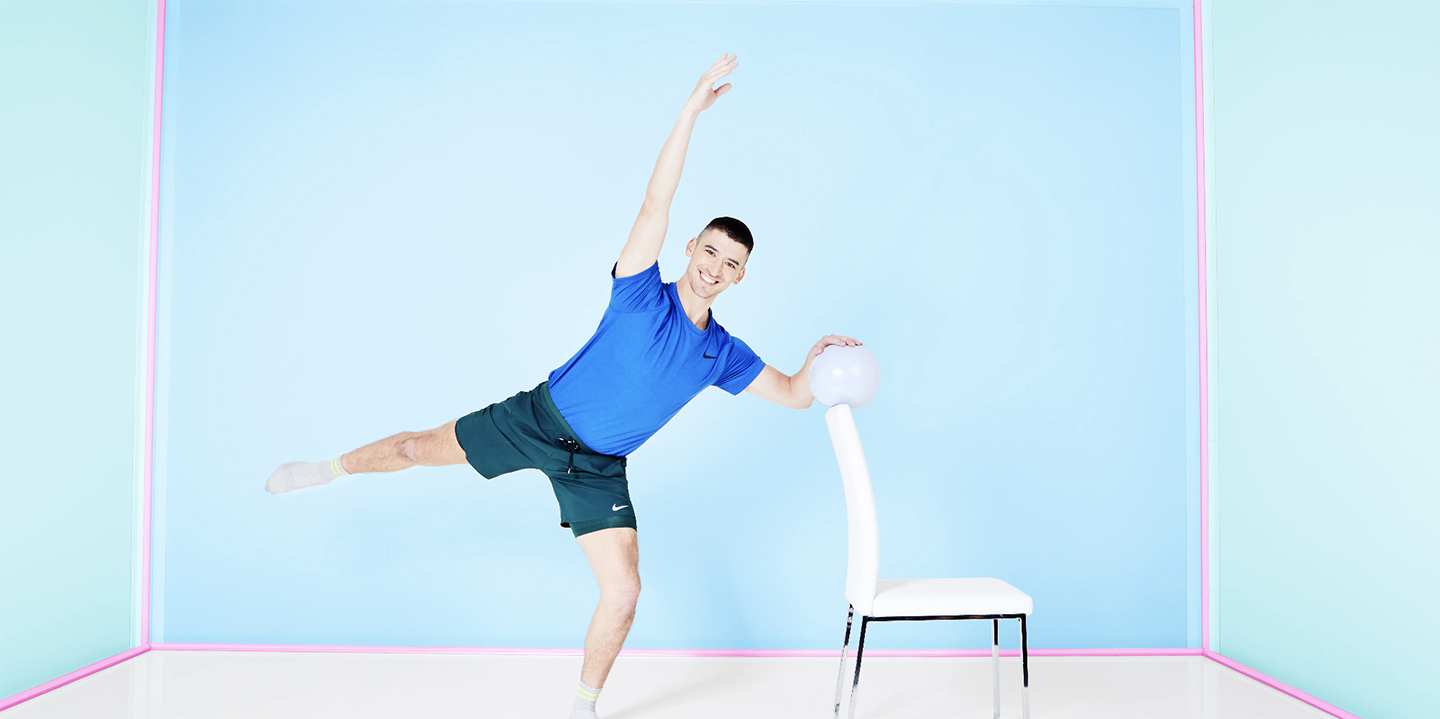




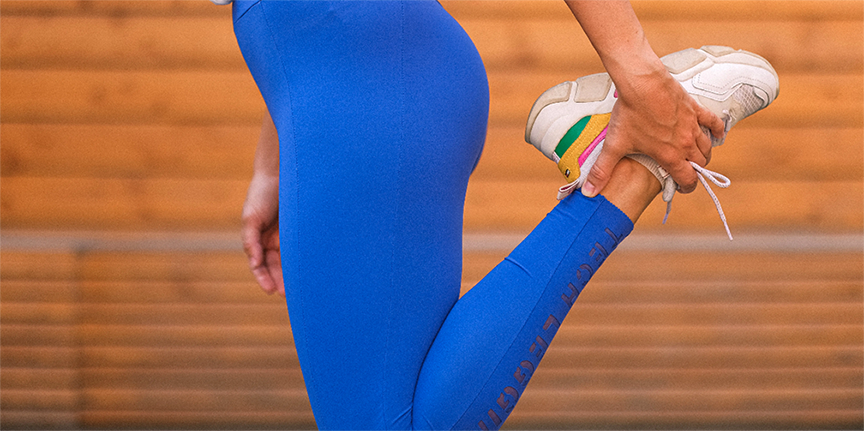
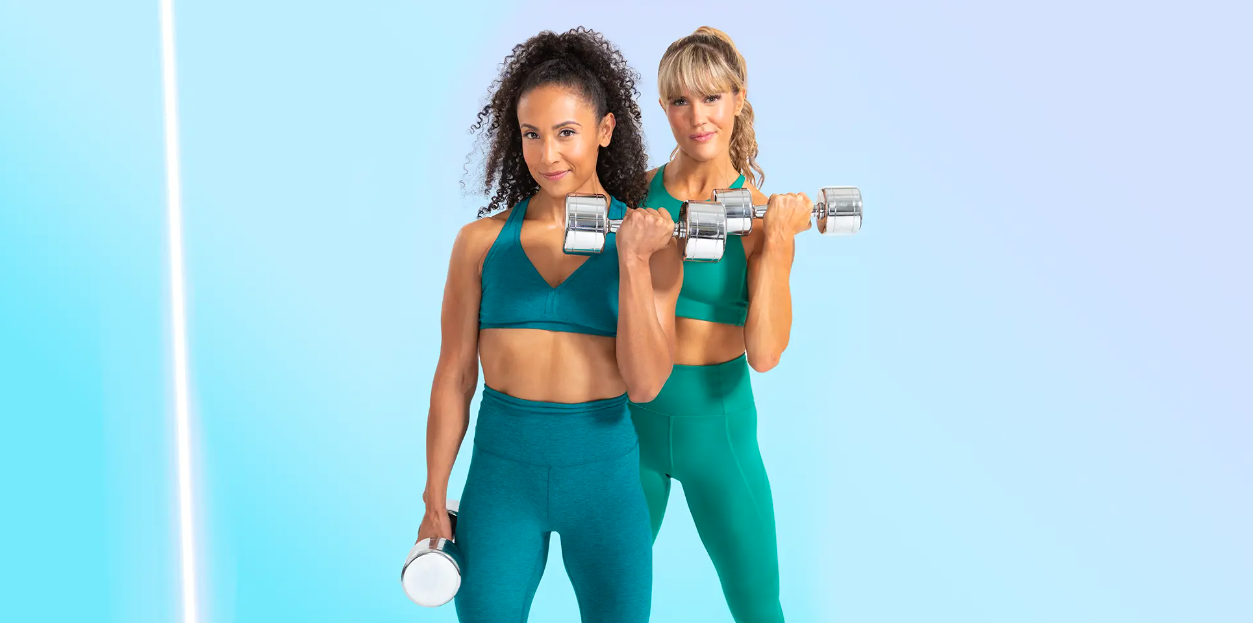


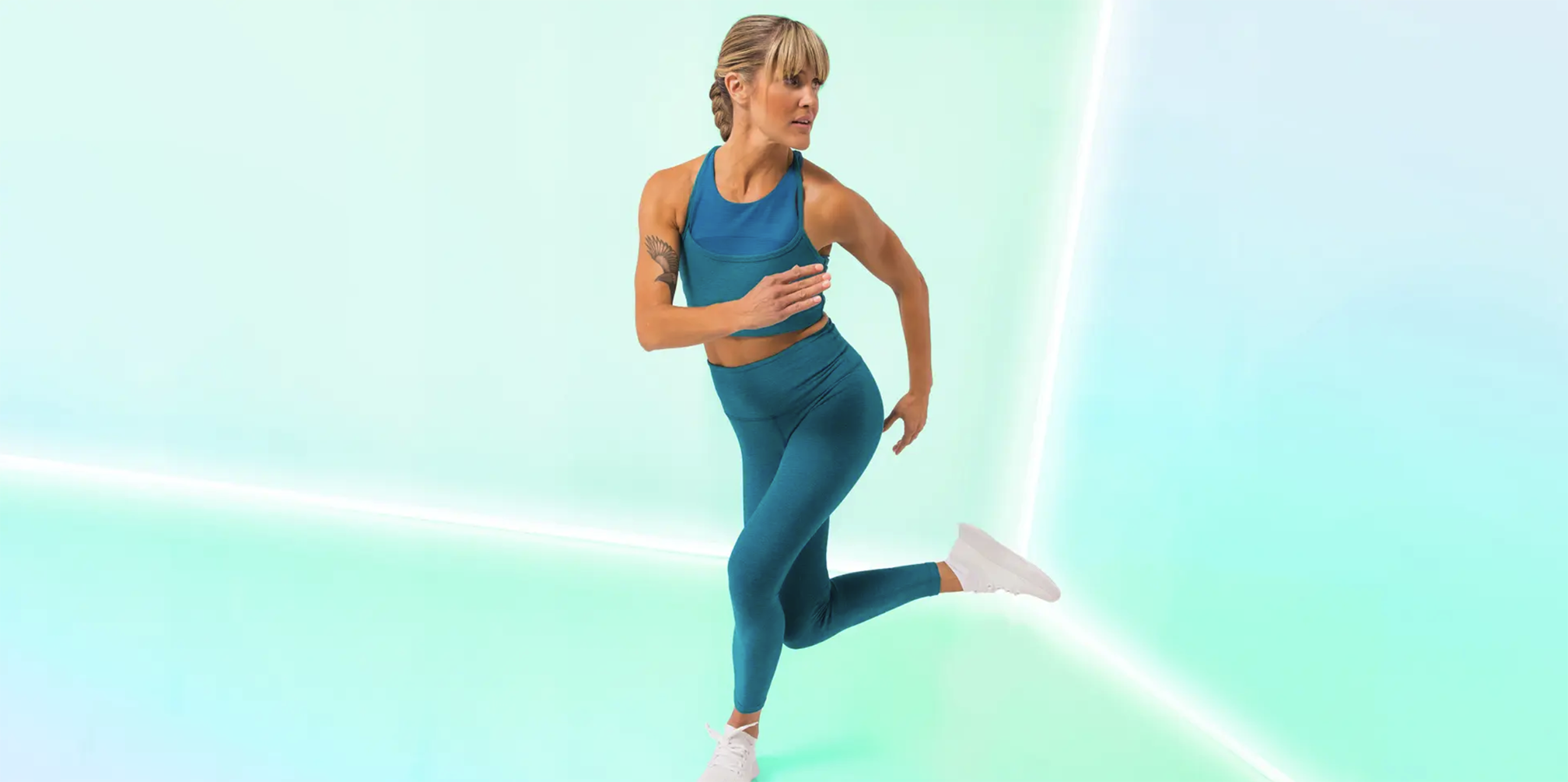
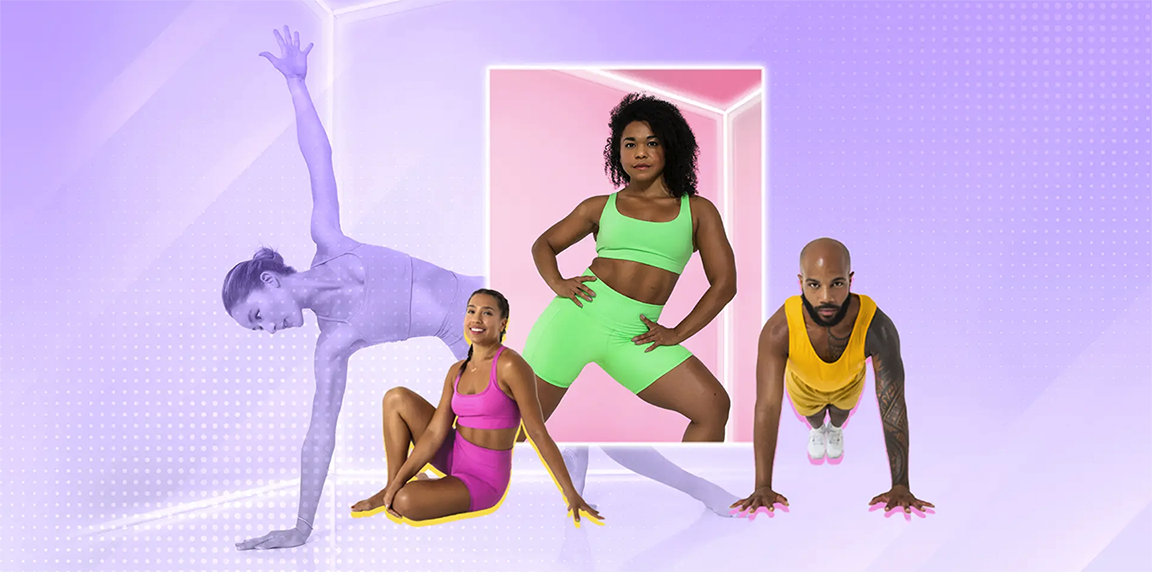


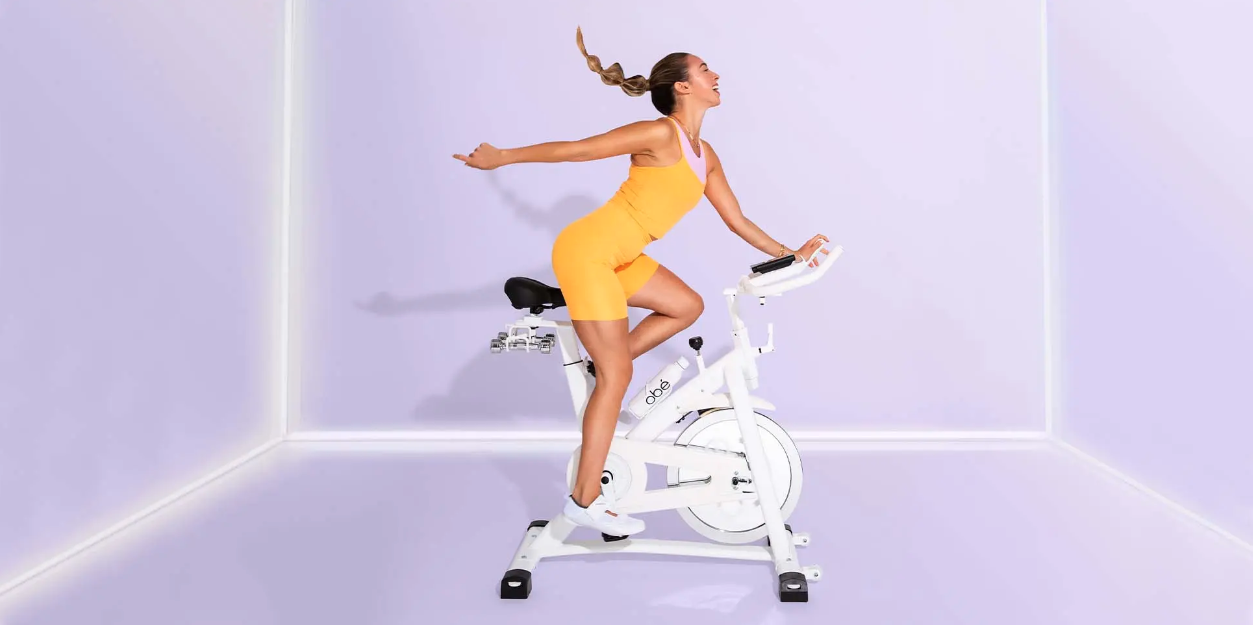
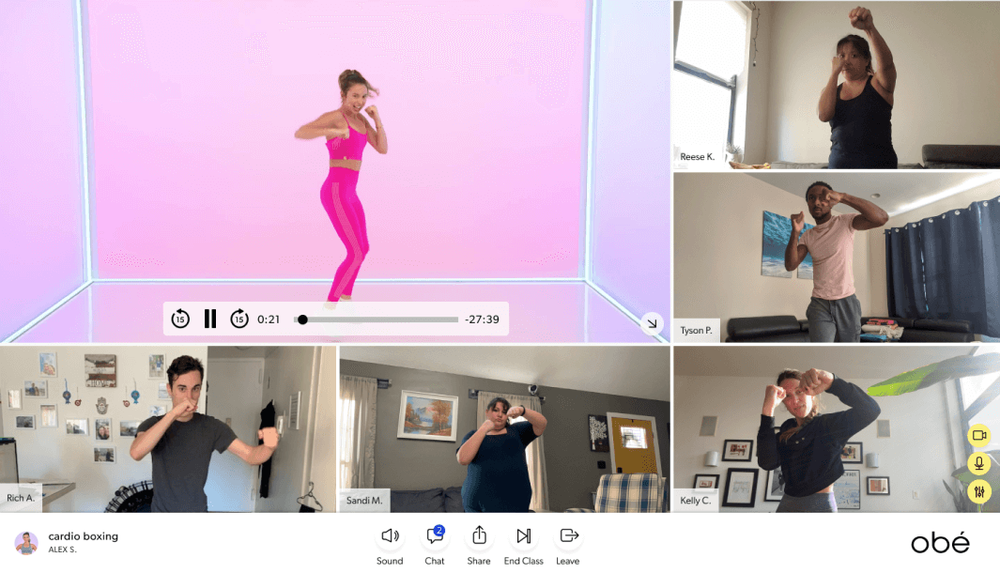


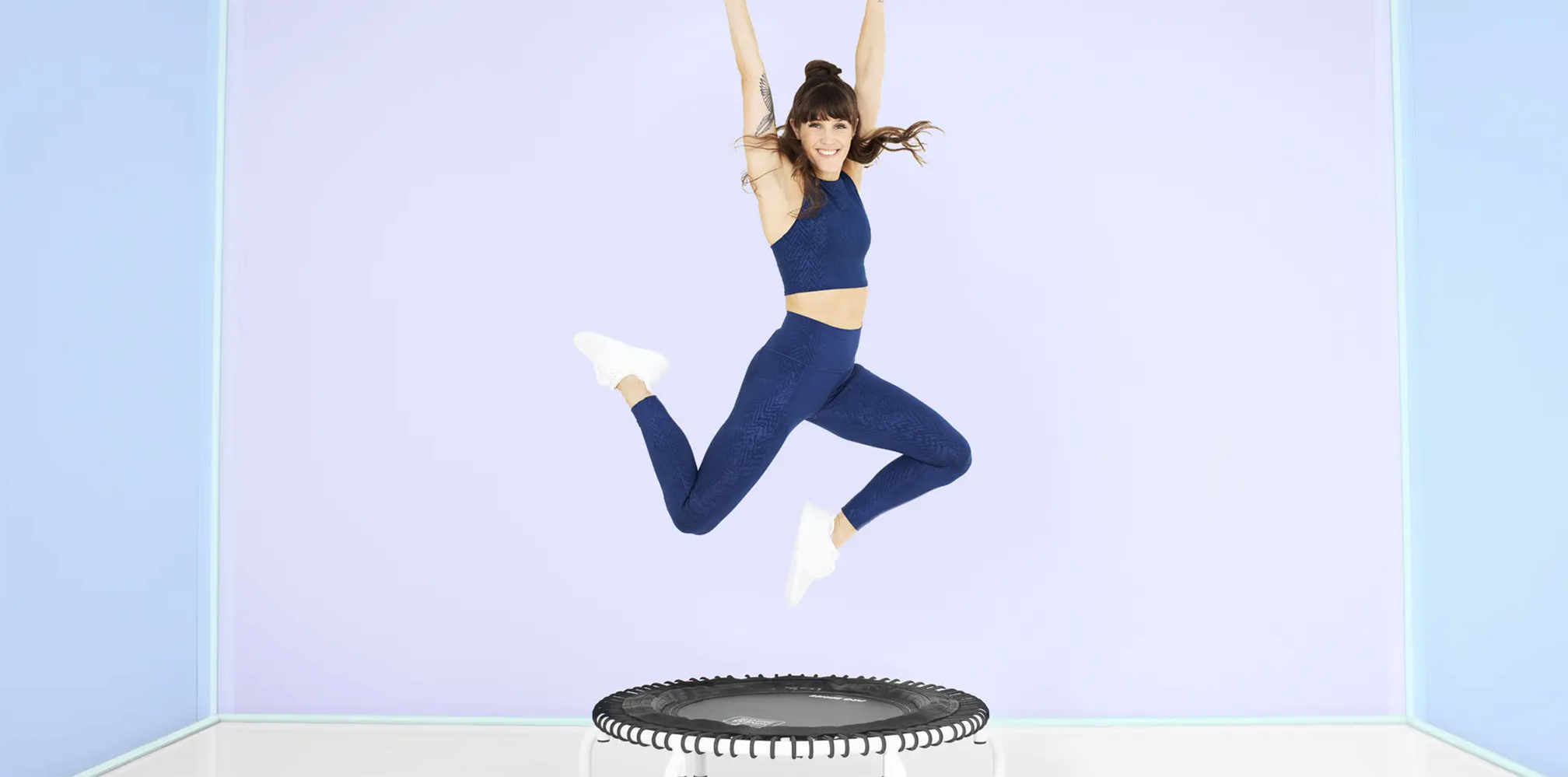






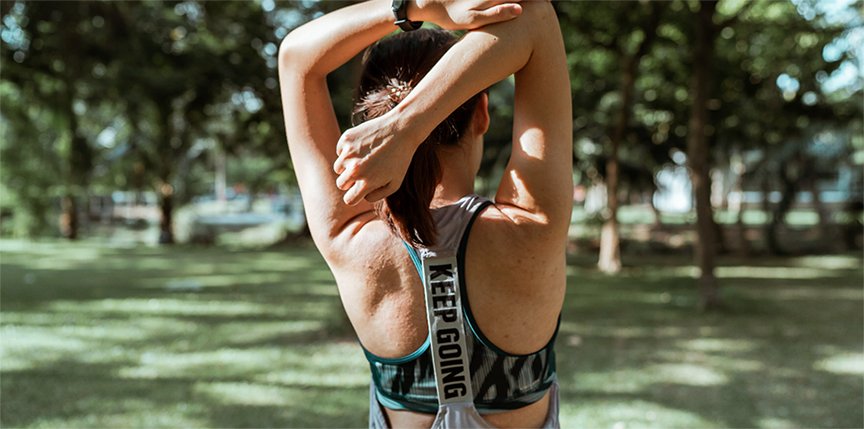


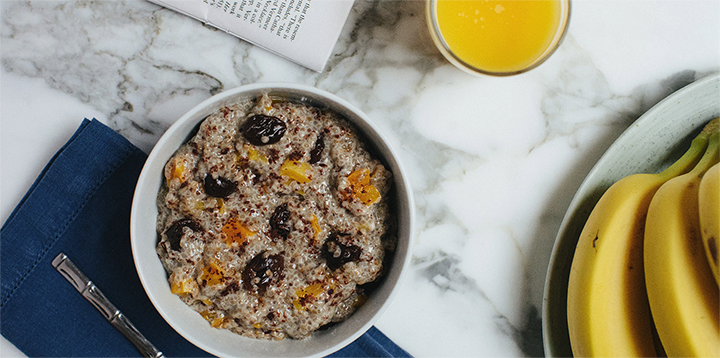







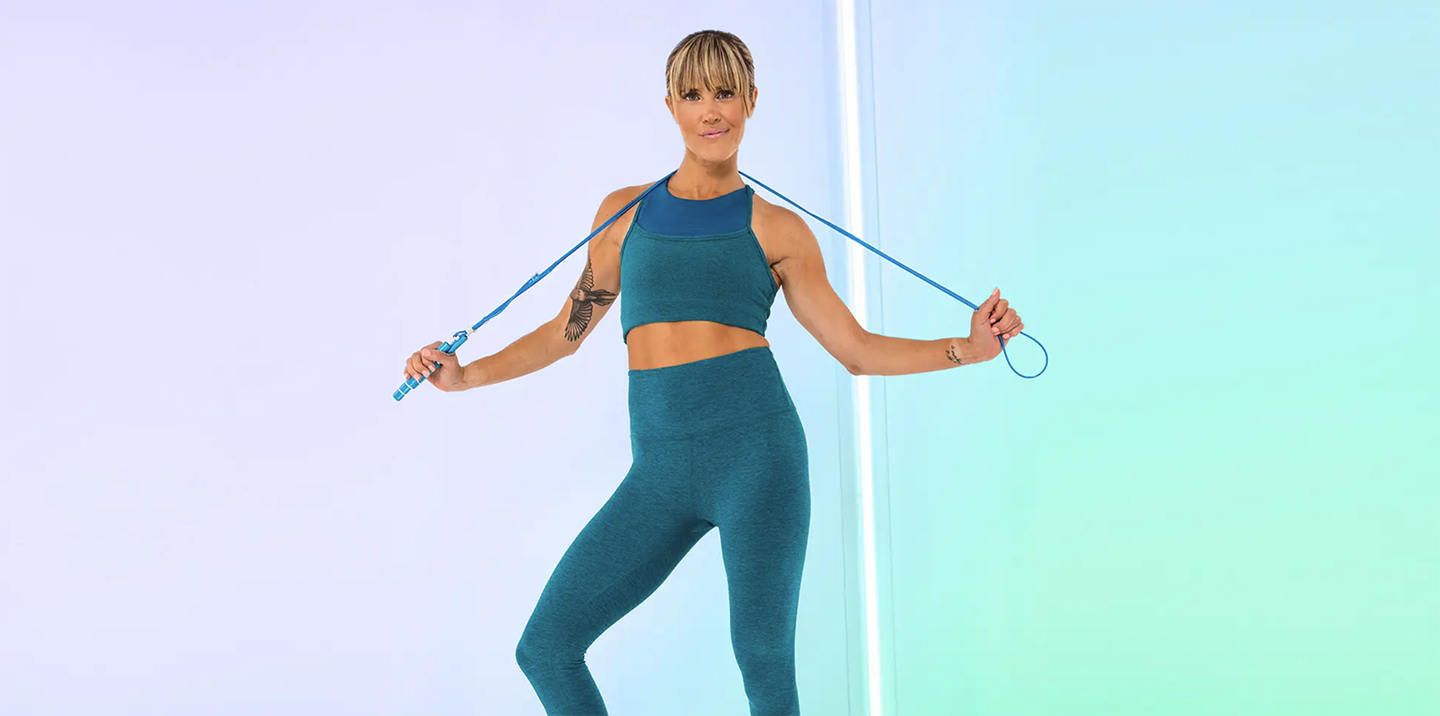



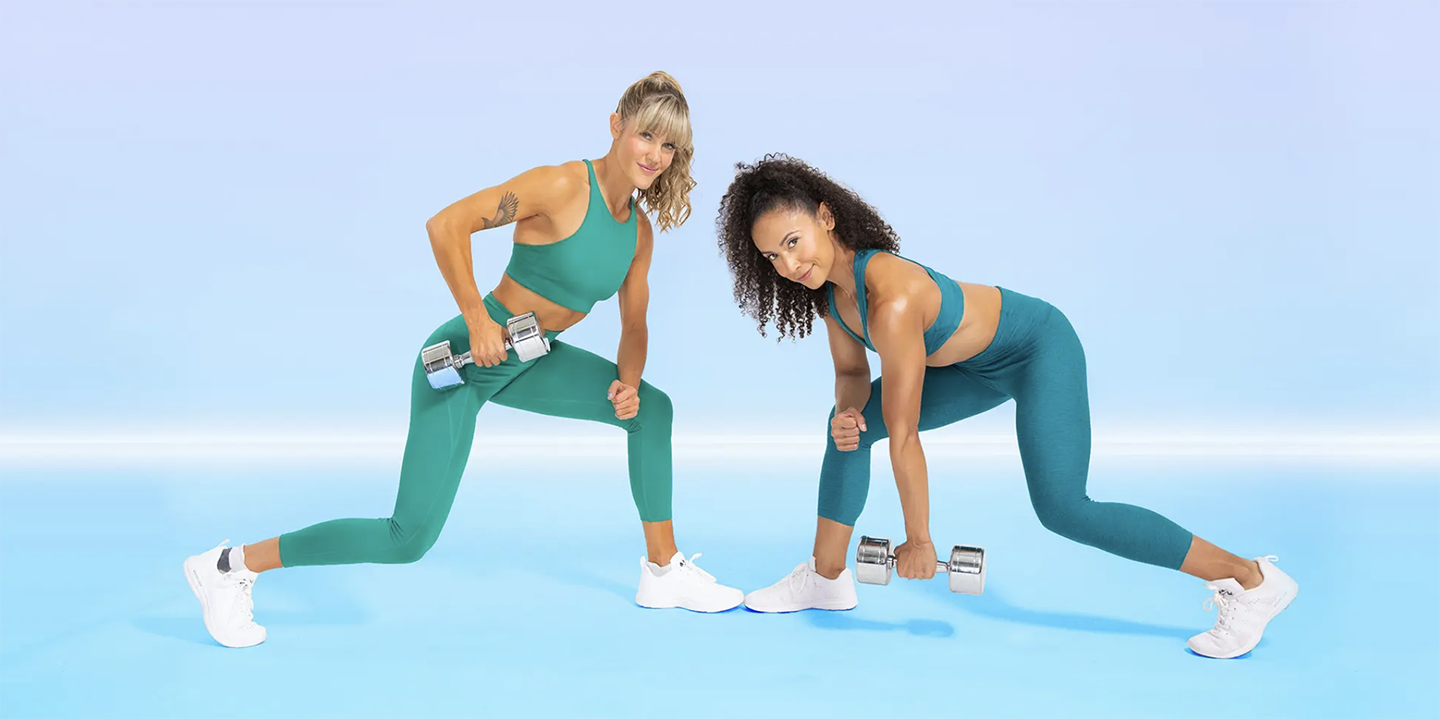



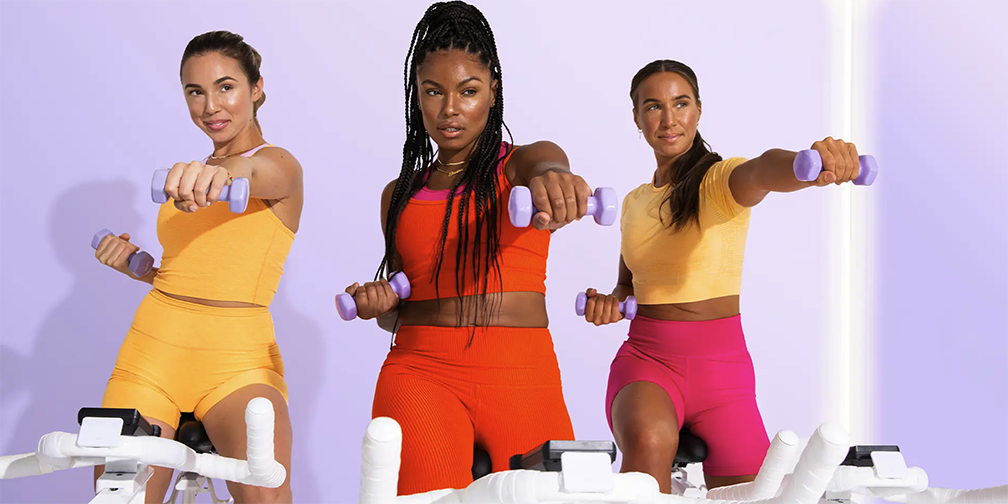

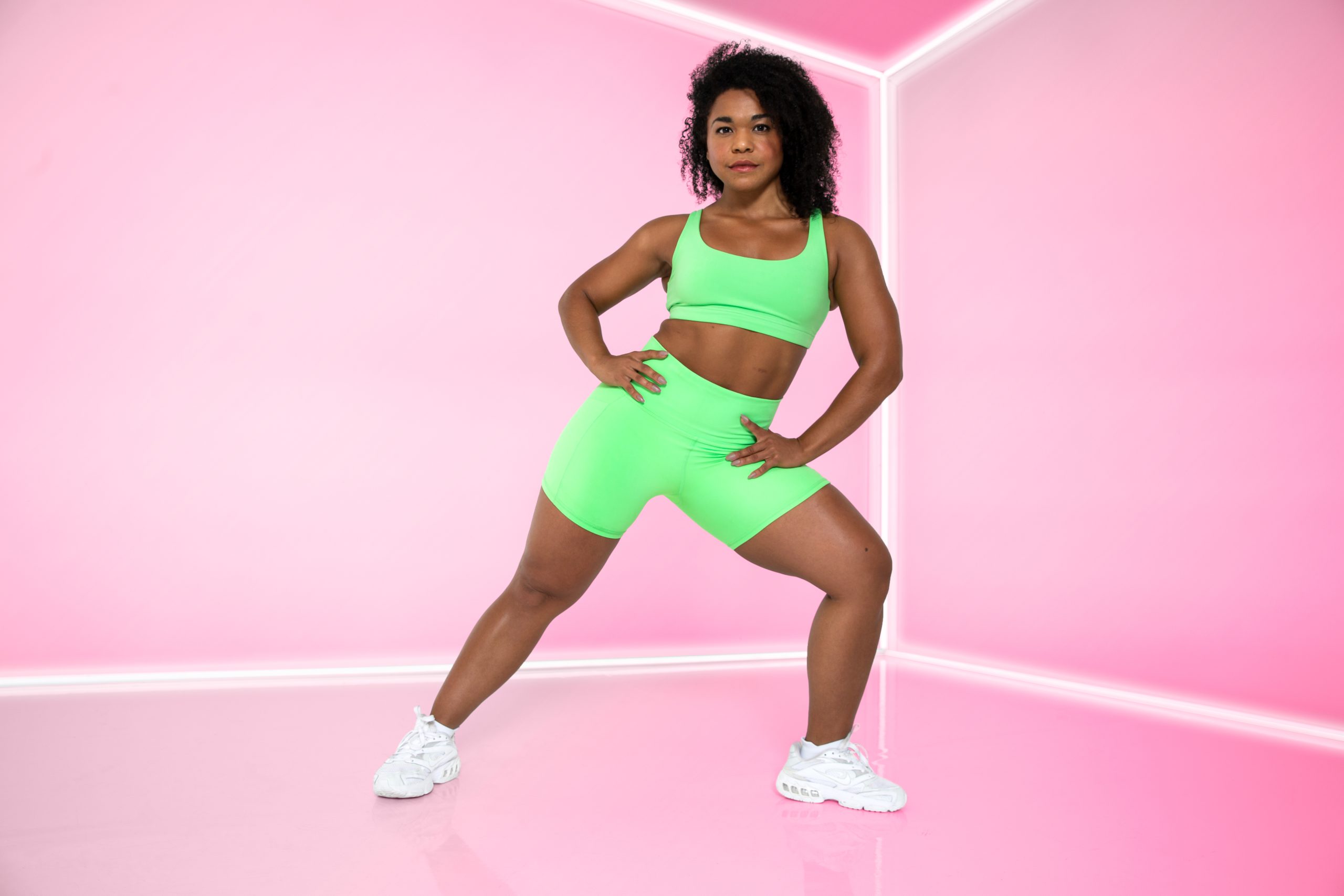

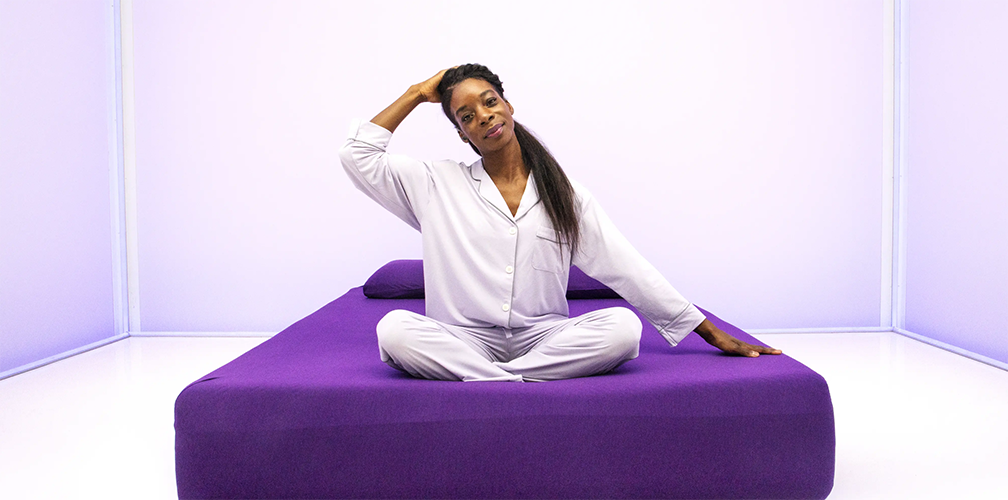






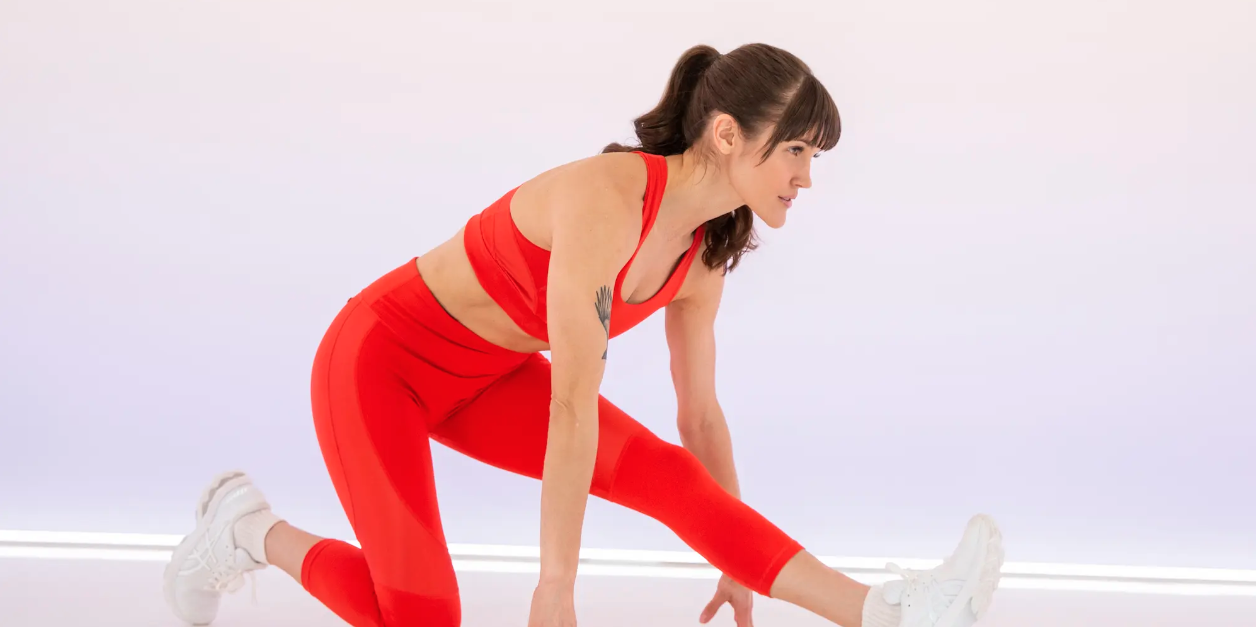


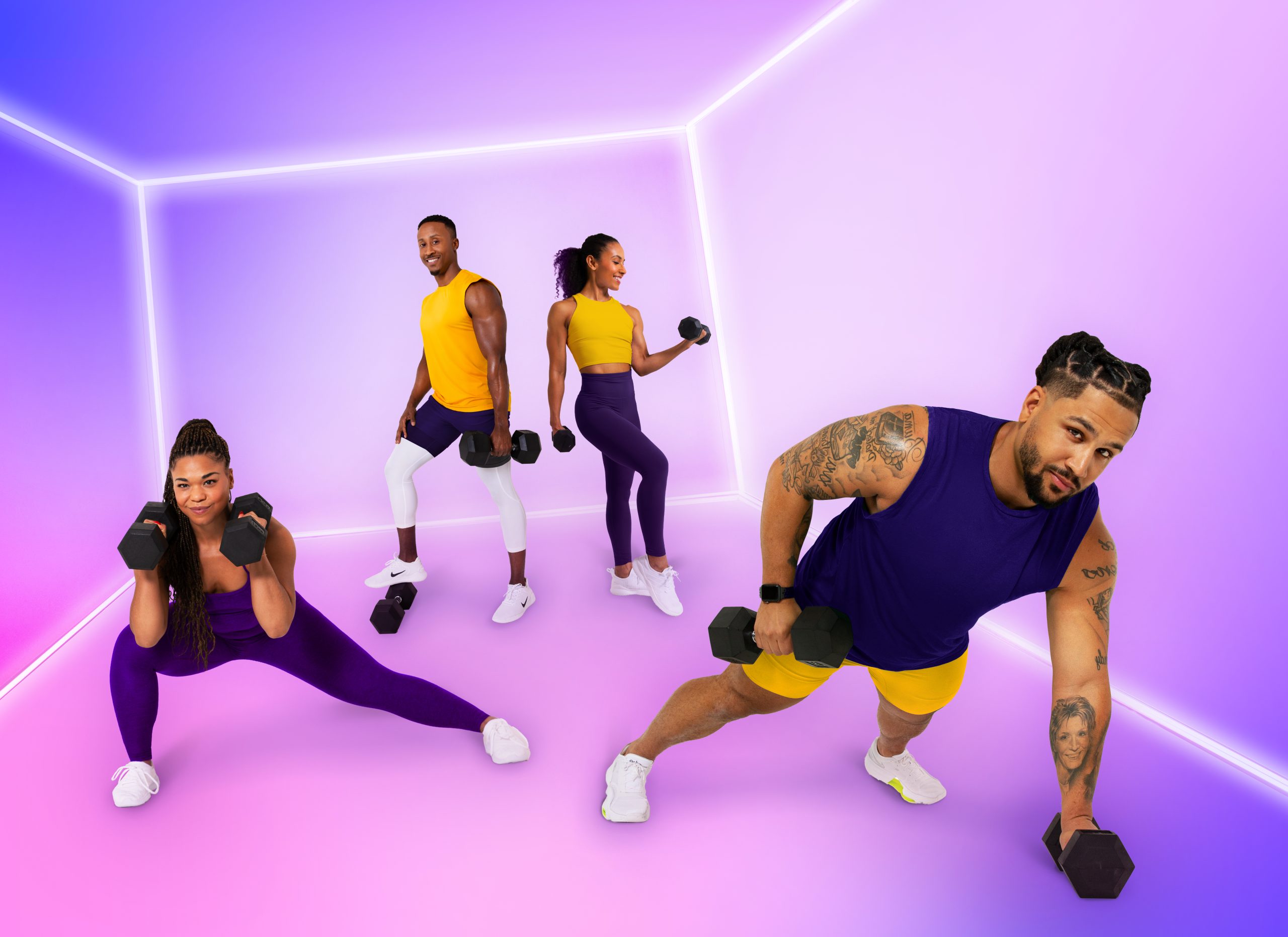






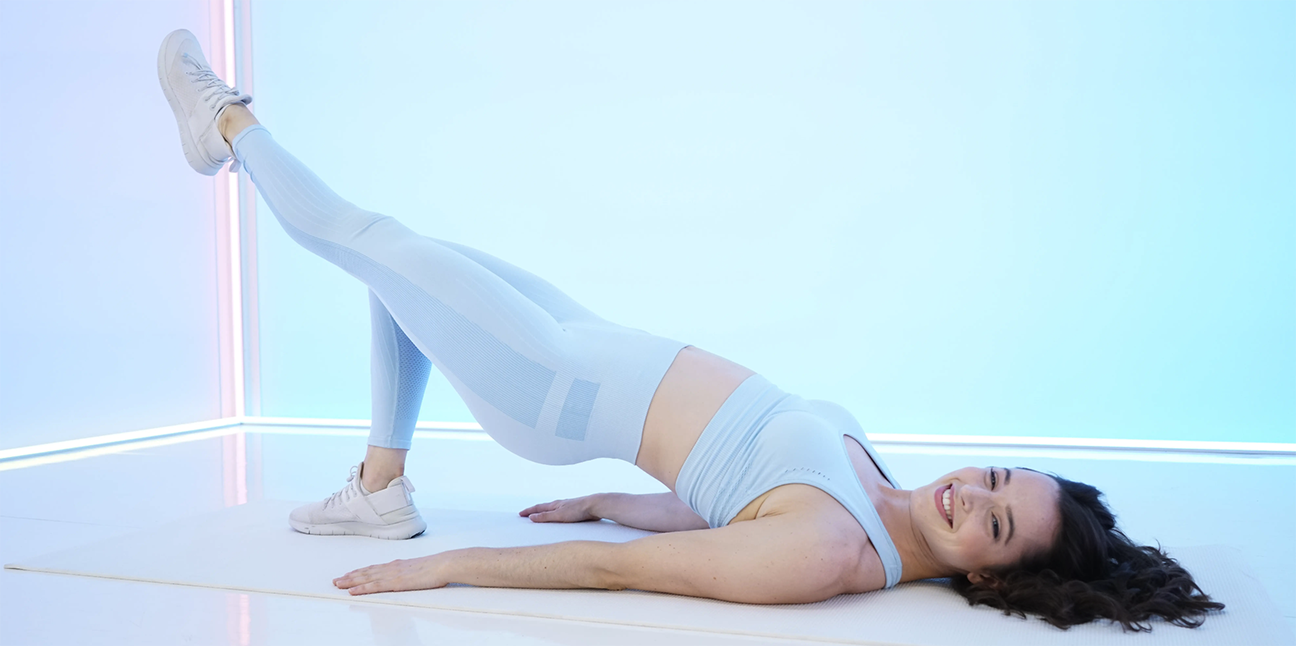





Leave a Reply to emmarose190 Cancel reply